Understanding the Average Lifespan of Gasoline Generators
Quality of the Generator and How It’s Made
How long a gasoline generator lasts depends a lot on how well it’s built. It also depends on the rules followed during its making. Generators made with top-notch materials and good engineering tend to last longer. Big-name brands often test their products carefully. They make sure the generators meet high standards. This helps them stay strong. A well-made generator doesn’t break down easily. It keeps working well for a long time.
How Often and How Hard It’s Used
How much you use a generator matters a lot. So does how hard you push it. Generators that run all the time or do tough jobs wear out faster. They wear out more than ones used only sometimes for small tasks. Running a generator for a long time with heavy work can stress its parts. This lowers how well they work. It also shortens their life.
Weather and Surroundings
Things like heat, wetness, and dirt in the air can change how long gasoline generators last. Using a generator in very hot or very cold weather can hurt its insides. High wetness in the air can cause rust. Dusty places can block air filters. This stops air from flowing well. It can make the generator get too hot.
Taking Care of It to Make It Last
Keeping up with care is key to making a gasoline generator last longer. Simple jobs like changing the oil help a lot. So does cleaning air filters and checking spark plugs. These keep the engine running smoothly. If you skip these tasks, the generator might not work as well. Important parts could break down sooner.
How Long Gasoline Generators Usually Last
Average Life Based on How It’s Used
On average, gasoline generators last between 1,000 and 2,000 hours if you take good care of them. For example, a generator used only during power cuts might last 10 years or more. But one used every day for building work or factory jobs might need replacing in five years. That’s because it gets used so much.
Signs It’s Wearing Out Over Time
As generators get older, they show signs of breaking down. They might be hard to start. They could make less power. You might hear strange sounds when they run. They might also use more fuel than before. These signs mean the inside parts are getting worn out. They might need fixing or replacing.
Best Ways to Make Gasoline Generators Last Longer
Regular Care and Check-Ups
Setting up a regular care plan is very important. It keeps a generator working well. Things like changing the oil every 50-100 hours of use should be a priority. So should cleaning or replacing air filters from time to time. Checking fuel lines for leaks is also key. Plus, looking at the spark plug makes sure it starts well.
Storing It Right to Avoid Damage
When you’re not using a gasoline generator, store it in a clean, dry place. This protects it from rust caused by water. It also keeps dust from building up. Draining the fuel from the tank before storing it for a long time is smart. This stops sticky stuff from forming. That stuff could block the carburetor.
Why Using Good Fuel and Oil Matters
Using top-quality fuel helps keep the engine clean. It lowers the gunk that builds up inside. This helps the engine burn fuel better. Good oil also helps. It lowers the rubbing between moving parts. This reduces wear over time.
Avoiding Too Much Work and Wrong Use
Generators are made with a certain power limit. Going over this limit can overload the system. This can harm parts like the alternator or circuit breakers. Always figure out how much power you need before plugging things in. This helps avoid stressing the generator.
Common Problems That Shorten a Generator’s Life
Skipping Planned Care
Planned care is a big part of making gas fueled generators last longer. Doing things like oil changes keeps them running well. So does cleaning air filters and checking spark plugs. These stop dirt and wear from building up. If you ignore these tasks, it can cause big problems later. For example, not changing the oil when you should can make the engine rub too much. This can cause it to get too hot. It might even break parts. Dirty air filters block air too. This makes burning less efficient. It wears out inside parts faster.
Gas fueled generators are complicated machines. They need steady care to work their best. Makers often give care plans in their manuals. They stress how important it is to follow these plans. By sticking to them, you can avoid pricey fixes. You can also make your equipment last longer.
Bad Habits When Using It
Using a generator the wrong way can really hurt how long it lasts. Running it at full power for a long time without breaks can stress its parts. This leads to overheating. It also causes early wear. Starting or stopping a generator suddenly while it’s under load can harm its electrical parts. Always make sure the generator is running within its power limits. This stops overloading.
Another problem comes from using low-quality fuel or oil. Bad fuel can leave junk in the engine. This lowers how well it works. It can also cause lasting damage. Poor oil doesn’t lubricate well. This increases rubbing and wear on moving parts. To avoid these issues, use the high-quality fuel and oil the maker suggests.
How Surroundings Affect the Parts
The weather and surroundings play a big role in how long gas fueled generators last. Being in very hot or cold weather for a long time can stress parts like seals and gaskets. This can cause leaks or breakdowns. High wetness in the air leads to rust on metal parts. Dusty places block air filters and cut down airflow.
Generators kept outside without protection are at higher risk. Rainwater can get into electrical parts. This can cause short circuits or rust. To protect against these risks, store generators in dry, covered spots when not in use. Using covers that keep out weather adds extra safety from harm.
Benefits of Making Gasoline Generators Last Longer
Saving Money by Using It Longer
Making a gasoline generator last longer saves you money. A well-cared-for generator needs fewer fixes and replacements over its life. This cuts down on costs. Spending time on regular care lowers the chance of expensive breakdowns or part failures.
For example, replacing a broken alternator or circuit board can cost a lot. But regular checks often spot problems early. This stops them from becoming big issues. Plus, you save on buying new generators. You get the most out of the one you already have.
Being Reliable During Emergencies
Gasoline generators are very important during power cuts or emergencies. You need steady power for things like medical tools or fridges. A well-kept gas home generator works well when you need it most. This gives you peace of mind. You know it will work for important tasks.
If you don’t take care of a generator, it might fail when you need it. Things like blocked fuel lines or weak batteries can cause problems. By following care plans and storing it right, you make your generator more dependable. It will work smoothly whenever you need it.
Helping the Planet by Making It Last
Making gas fueled generators last longer helps the planet too. It lowers waste by not needing new generators as often. Making new generators uses up resources and energy. It also makes fumes that hurt the environment. By taking good care of your generator, you lower your impact on the planet.
Using good fuel also helps. It cuts down on gunk in the engine. This makes burning cleaner and lowers harmful fumes. Throwing away used oil the right way helps too. It lowers the environmental risks that come with generator care.
FAQs
How often should I take care of my gas fueled generator?
Most makers suggest doing basic care tasks like oil changes every 50-100 hours of use. Check your manual for exact details.
What kind of fuel is best for my gas home generator?
Always use top-quality unleaded gasoline with the right octane level. Your maker will tell you what’s best. Don’t use ethanol-blended fuels above E10. They can cause damage over time.
Can I keep my generator outside when I’m not using it?
You can store it outside with a weatherproof cover. But a clean indoor spot protects it better. It keeps out wetness that causes rust and dust buildup.
How do I know if my generator is overloaded?
Signs include less power, strange sounds, or tripped circuit breakers. Always figure out your total power needs before plugging things in.
For more tips on keeping your outdoor tools in good shape, PowerSmart focuses on outdoor gear like lawn mowers and generators.







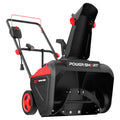

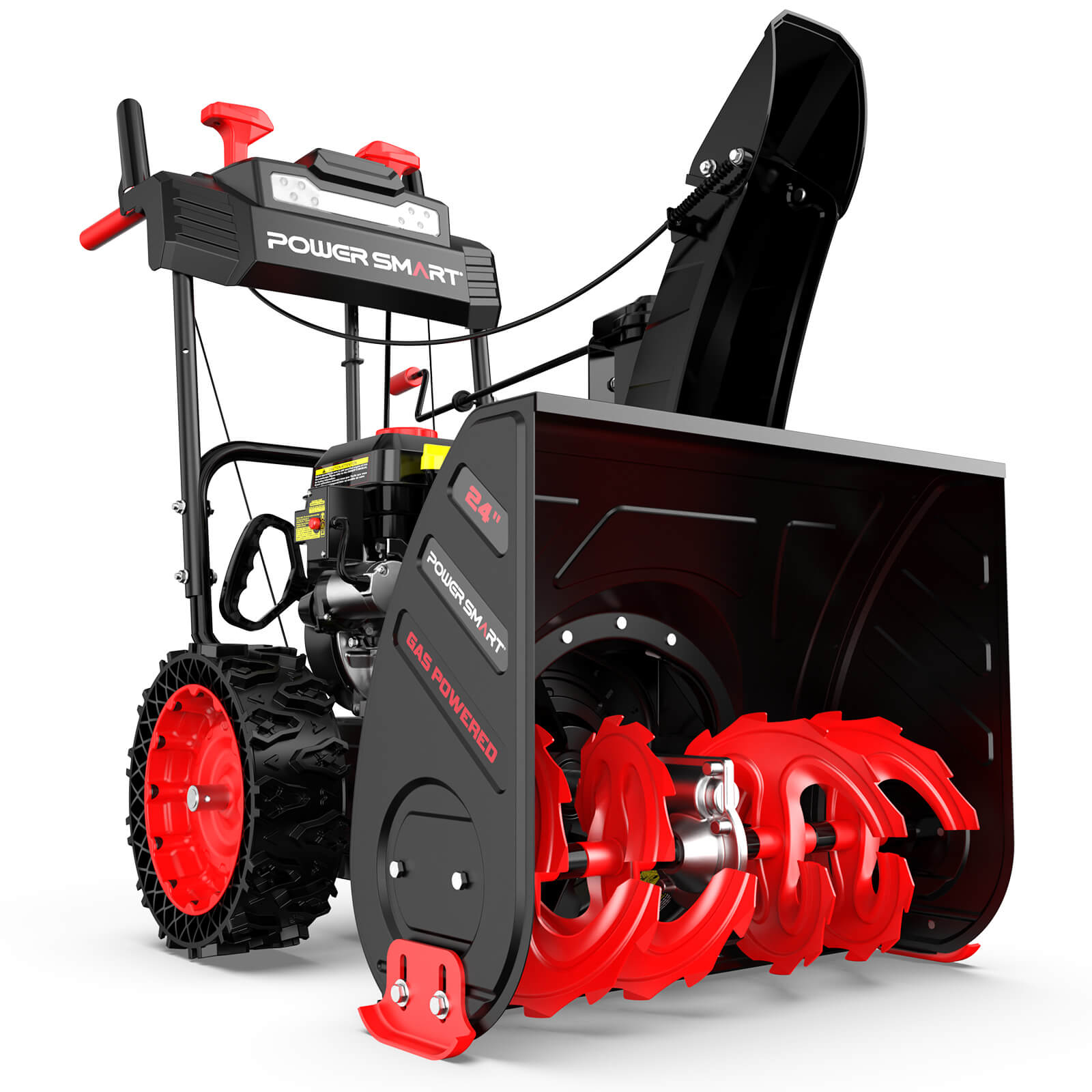
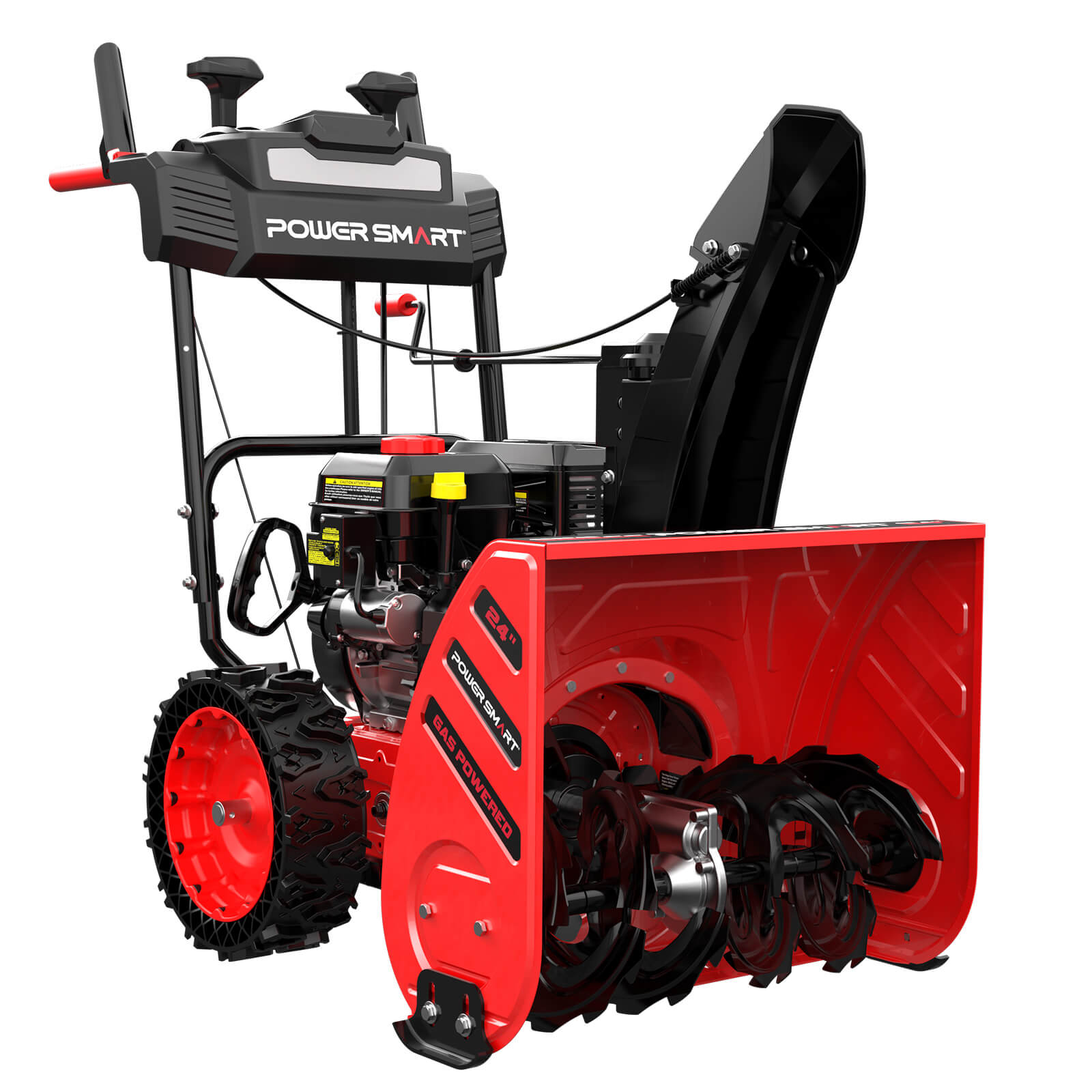
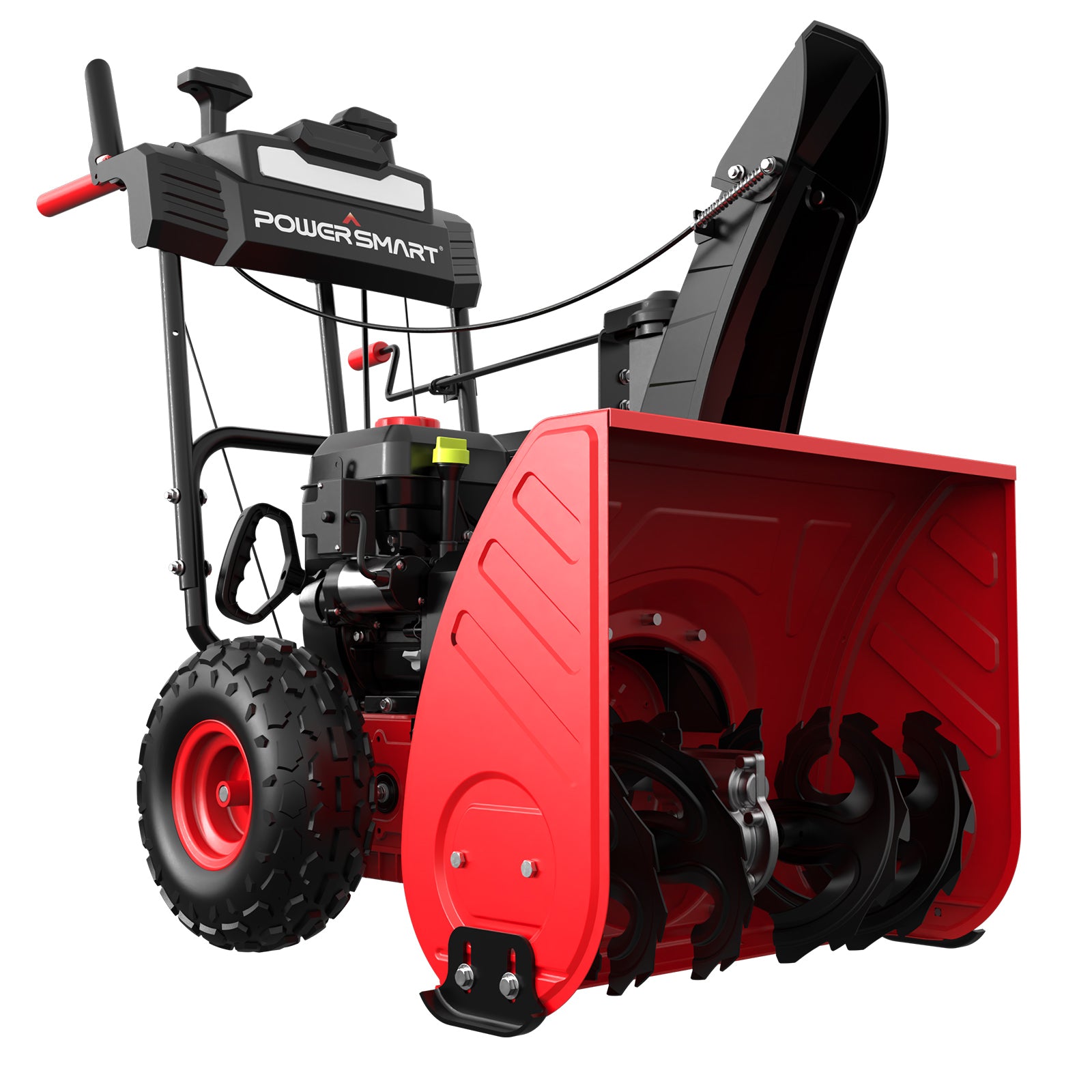
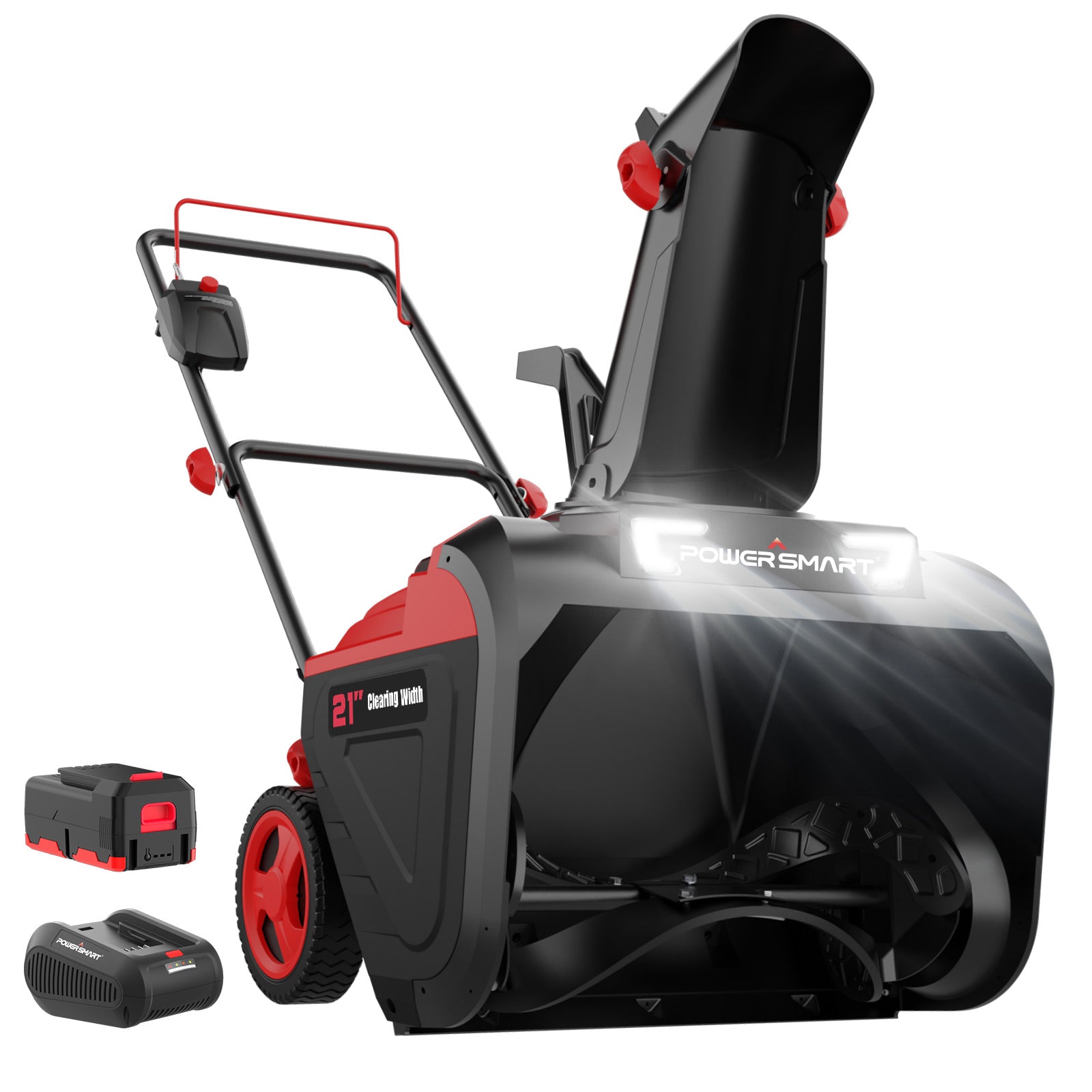
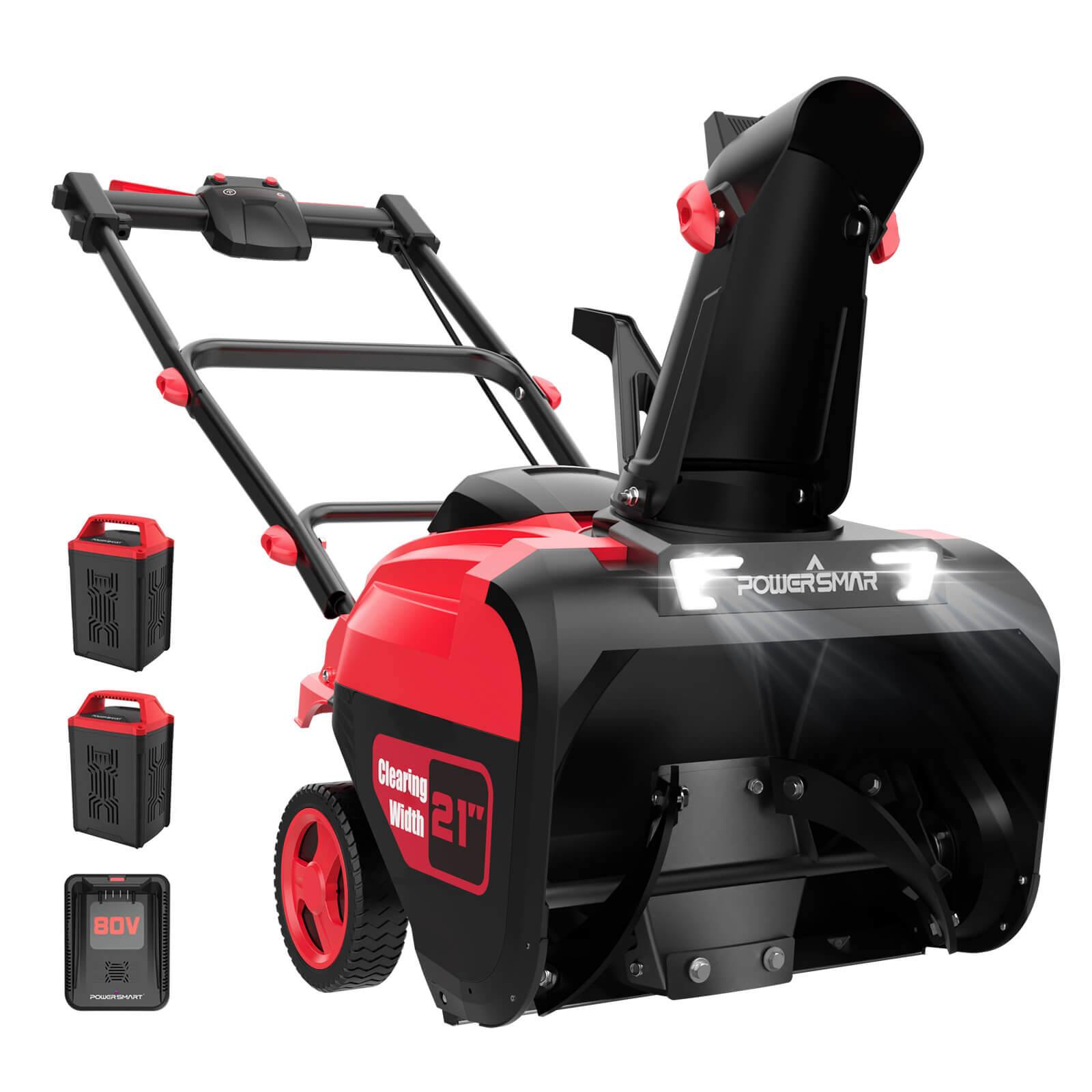
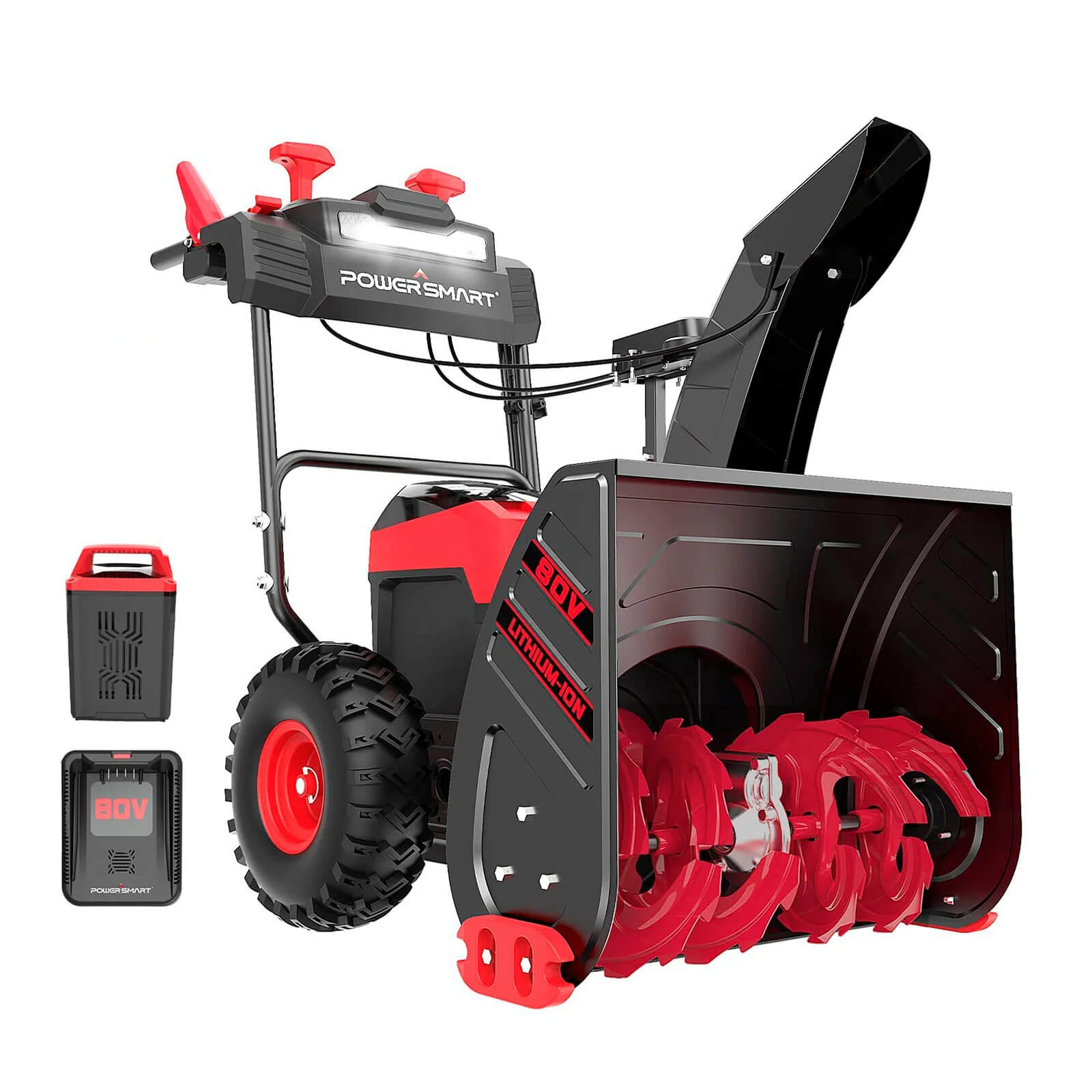
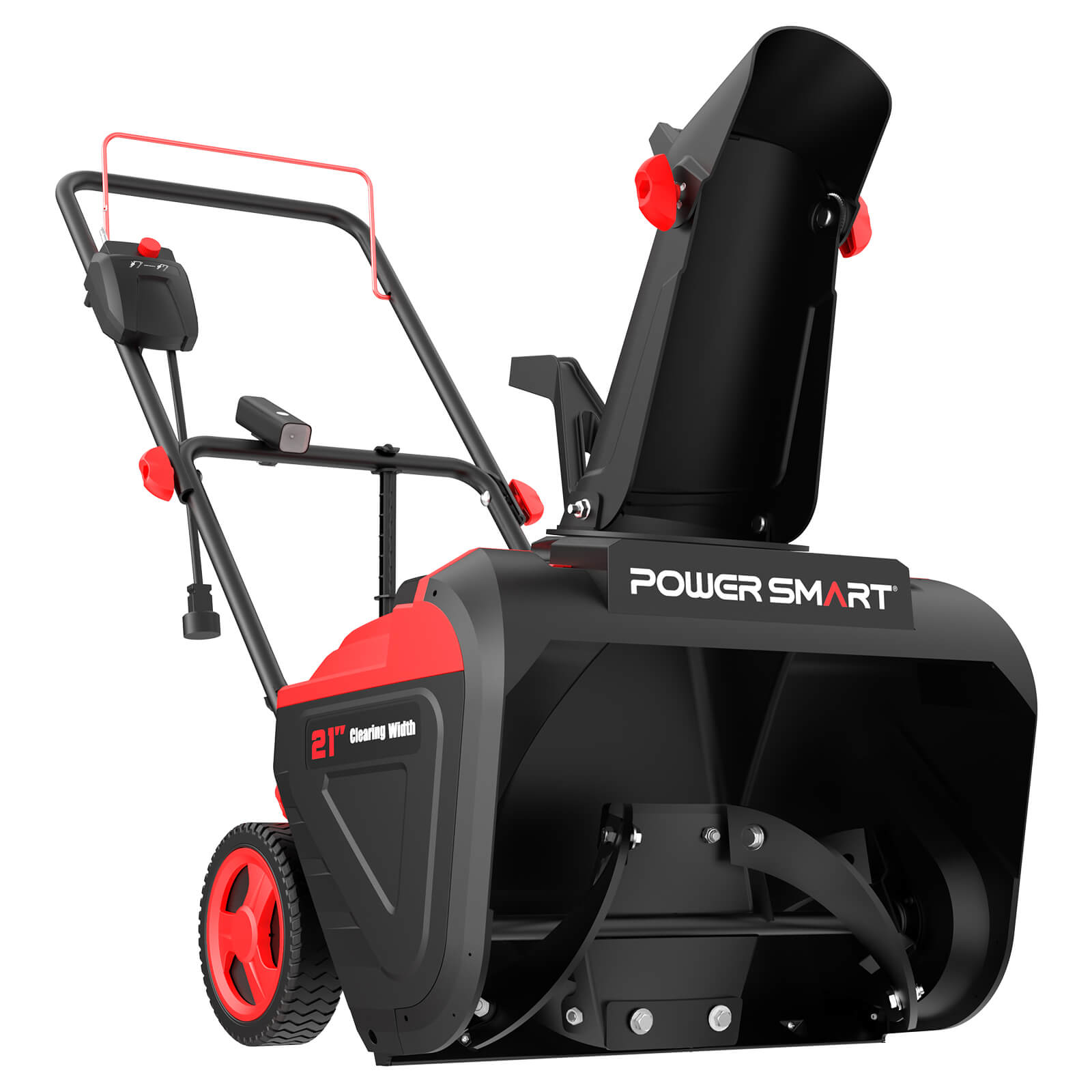
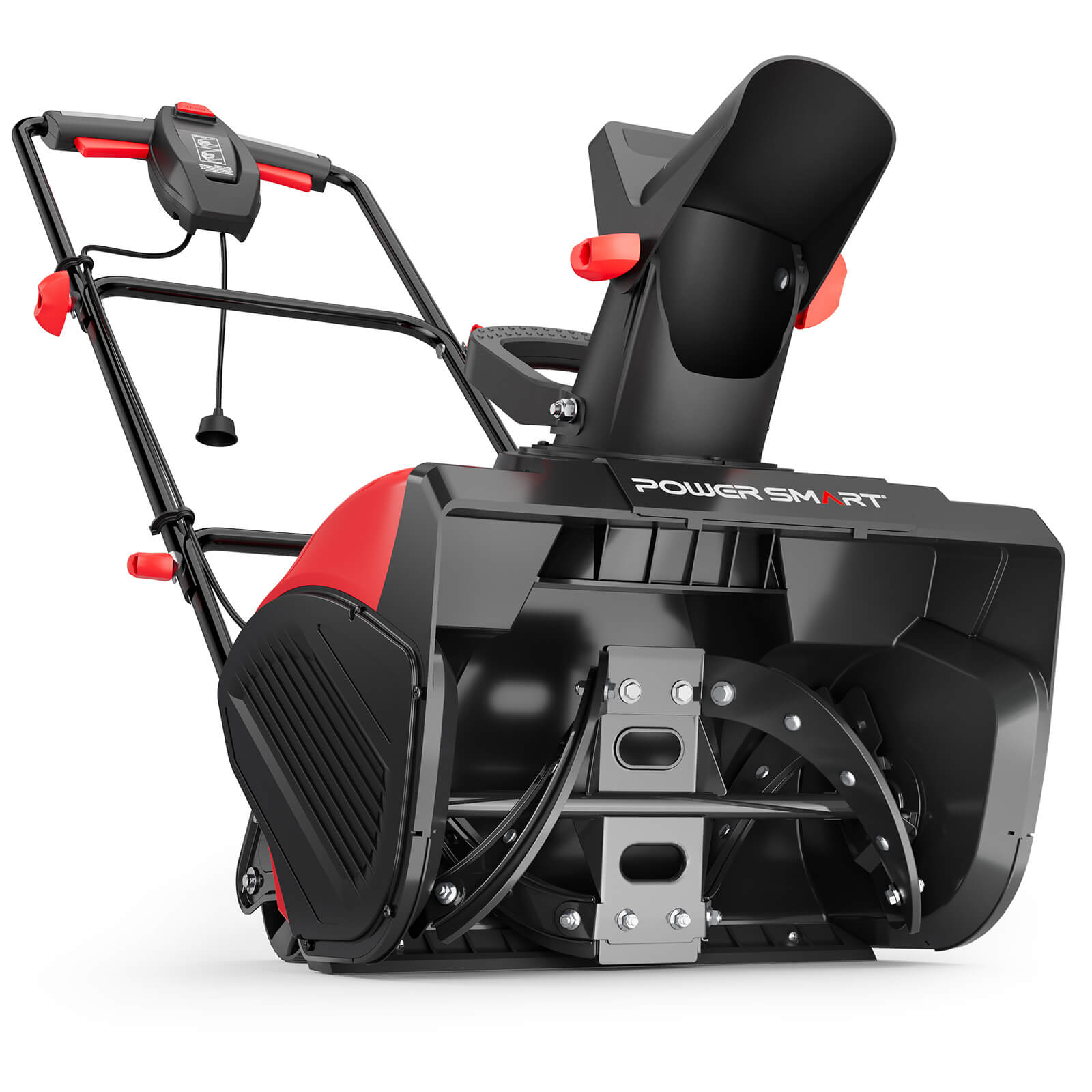




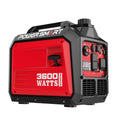
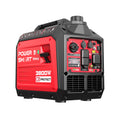
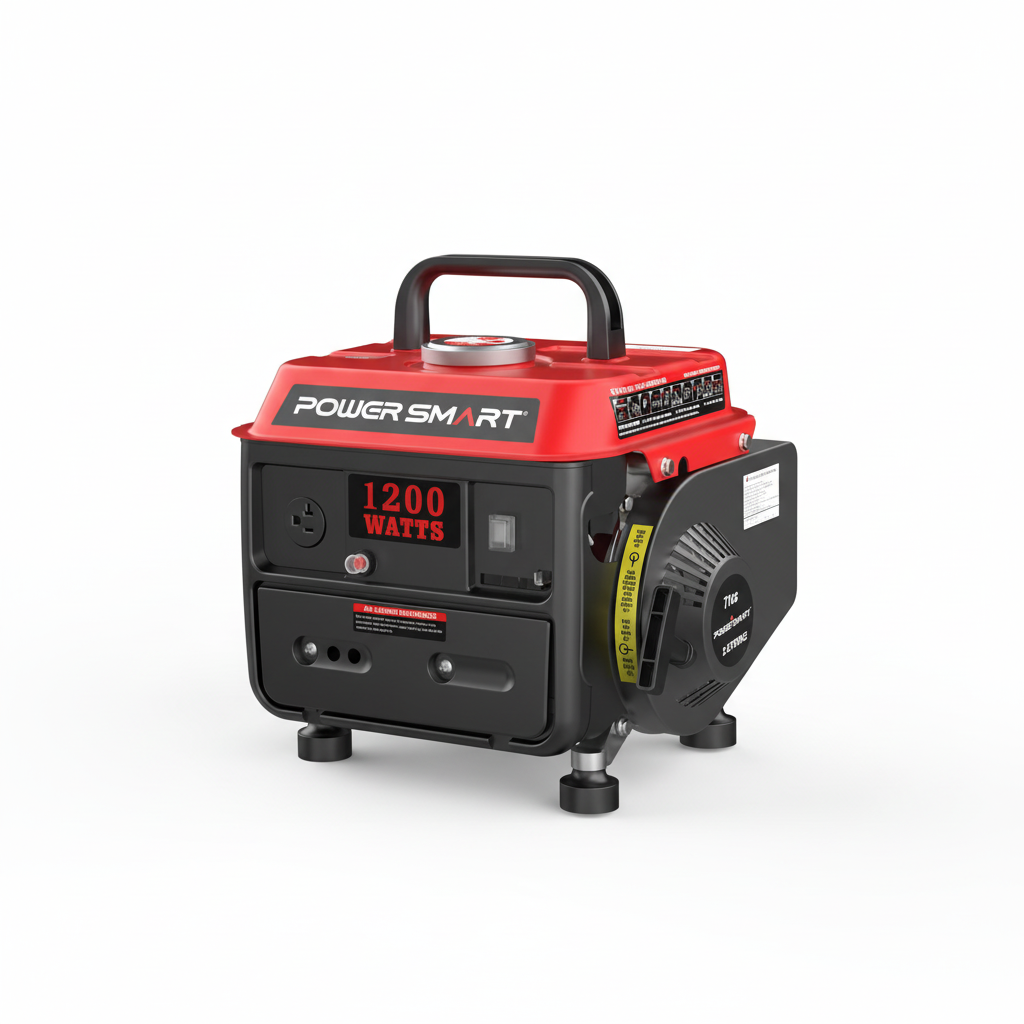


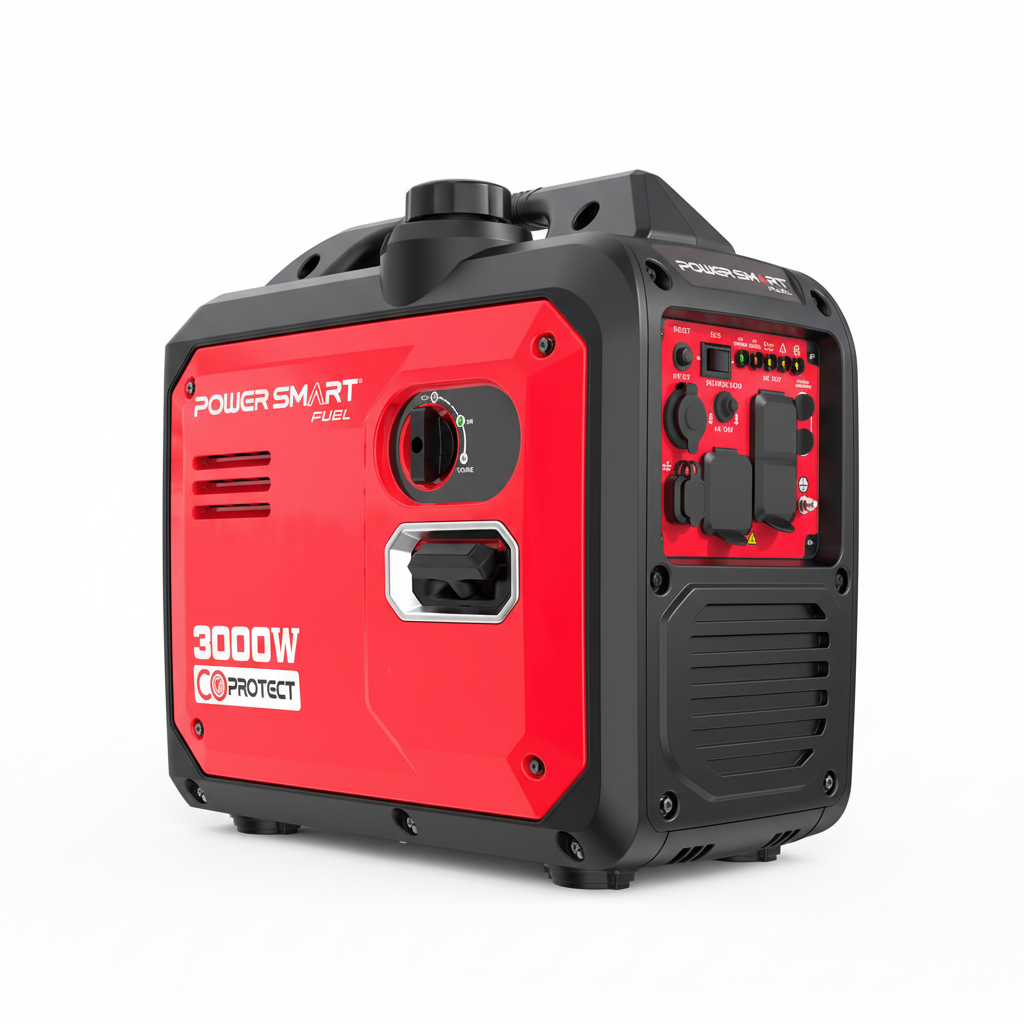
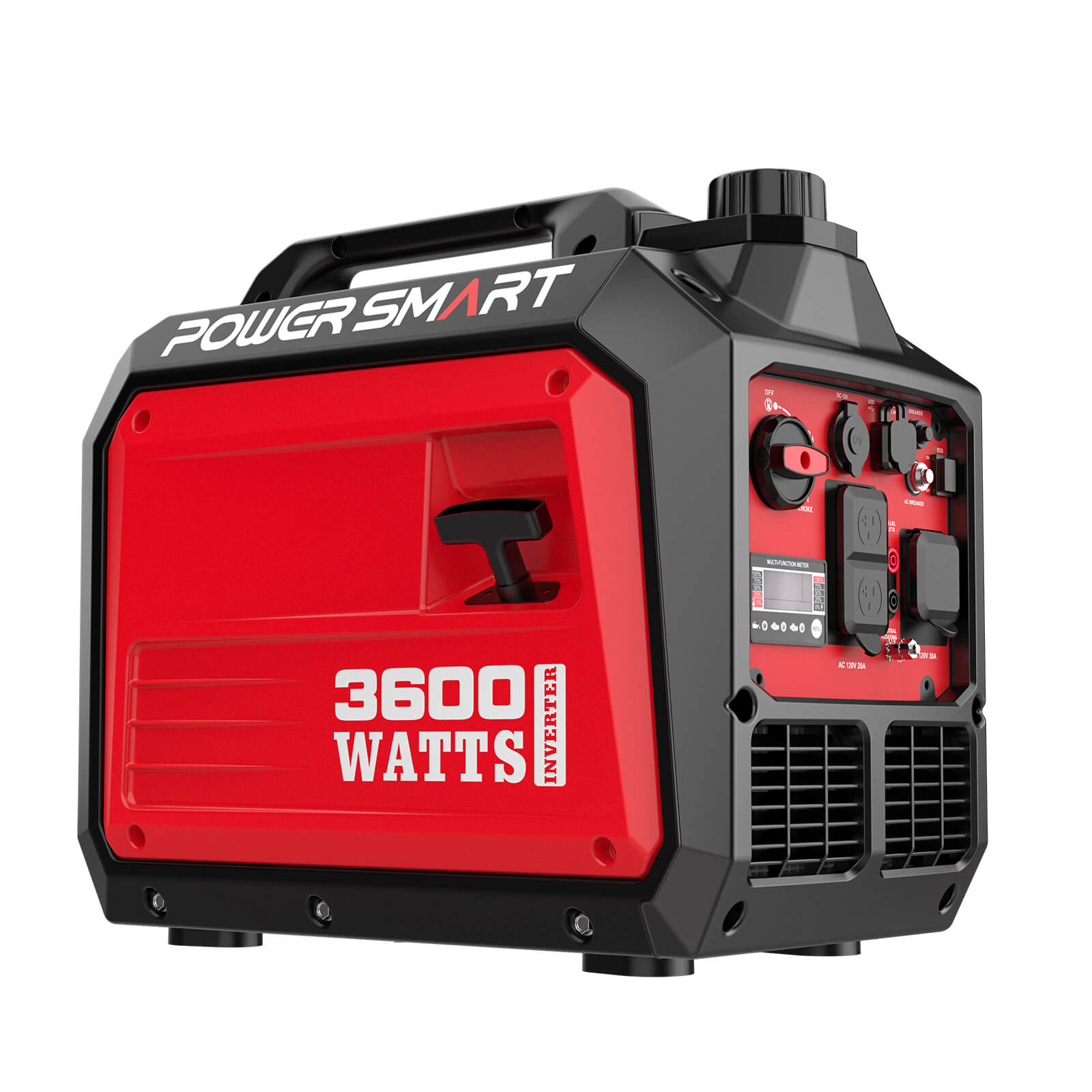
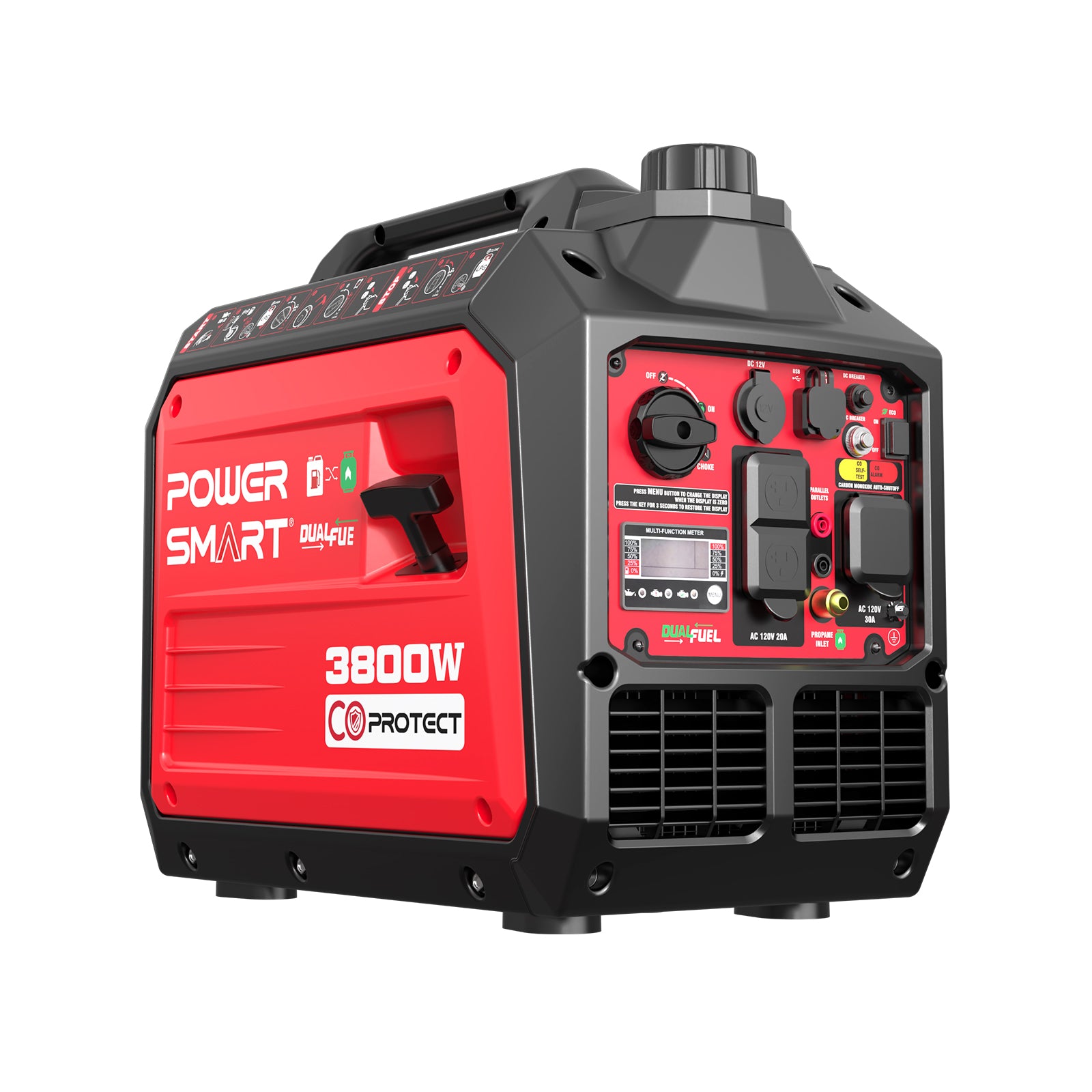


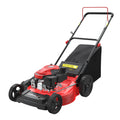









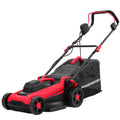

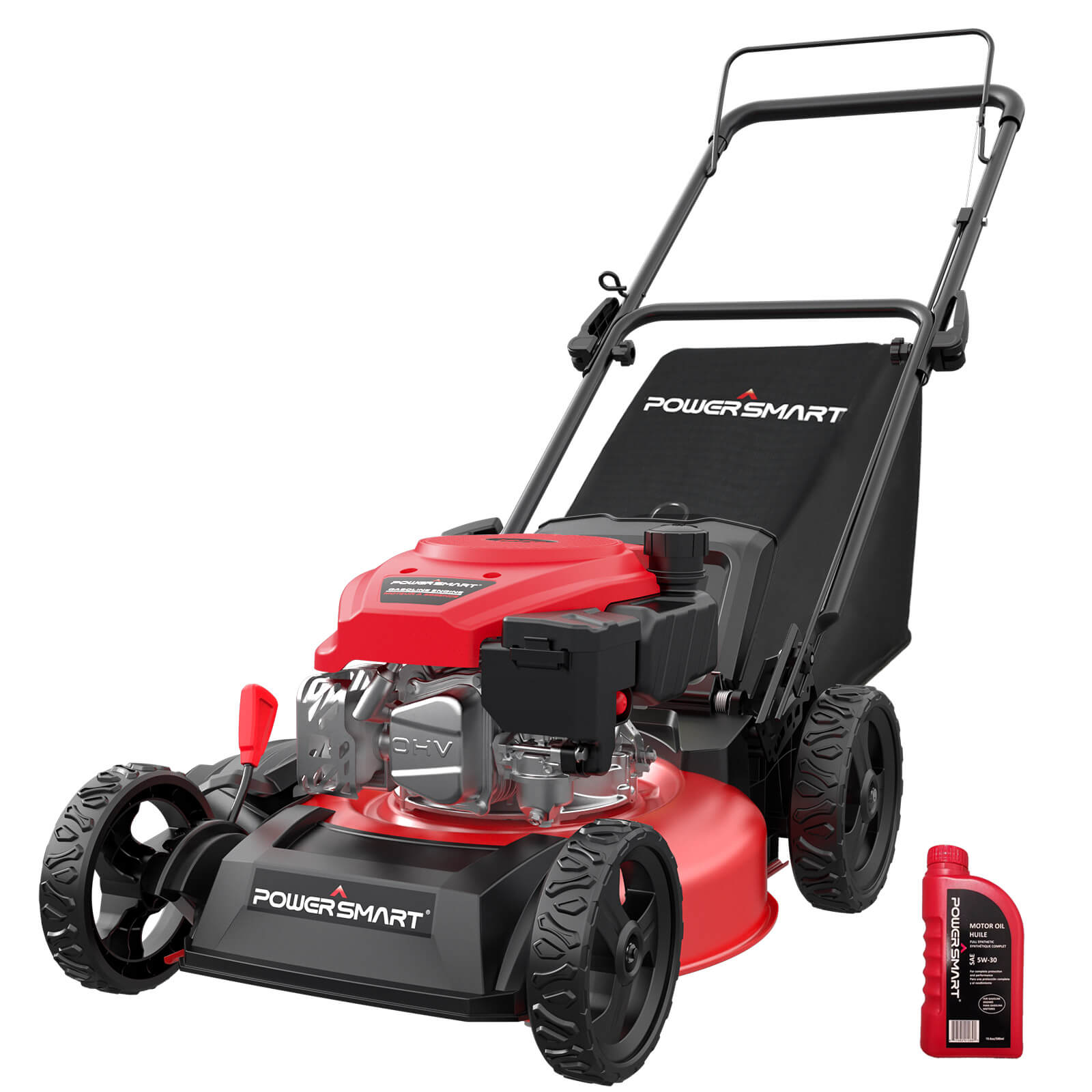

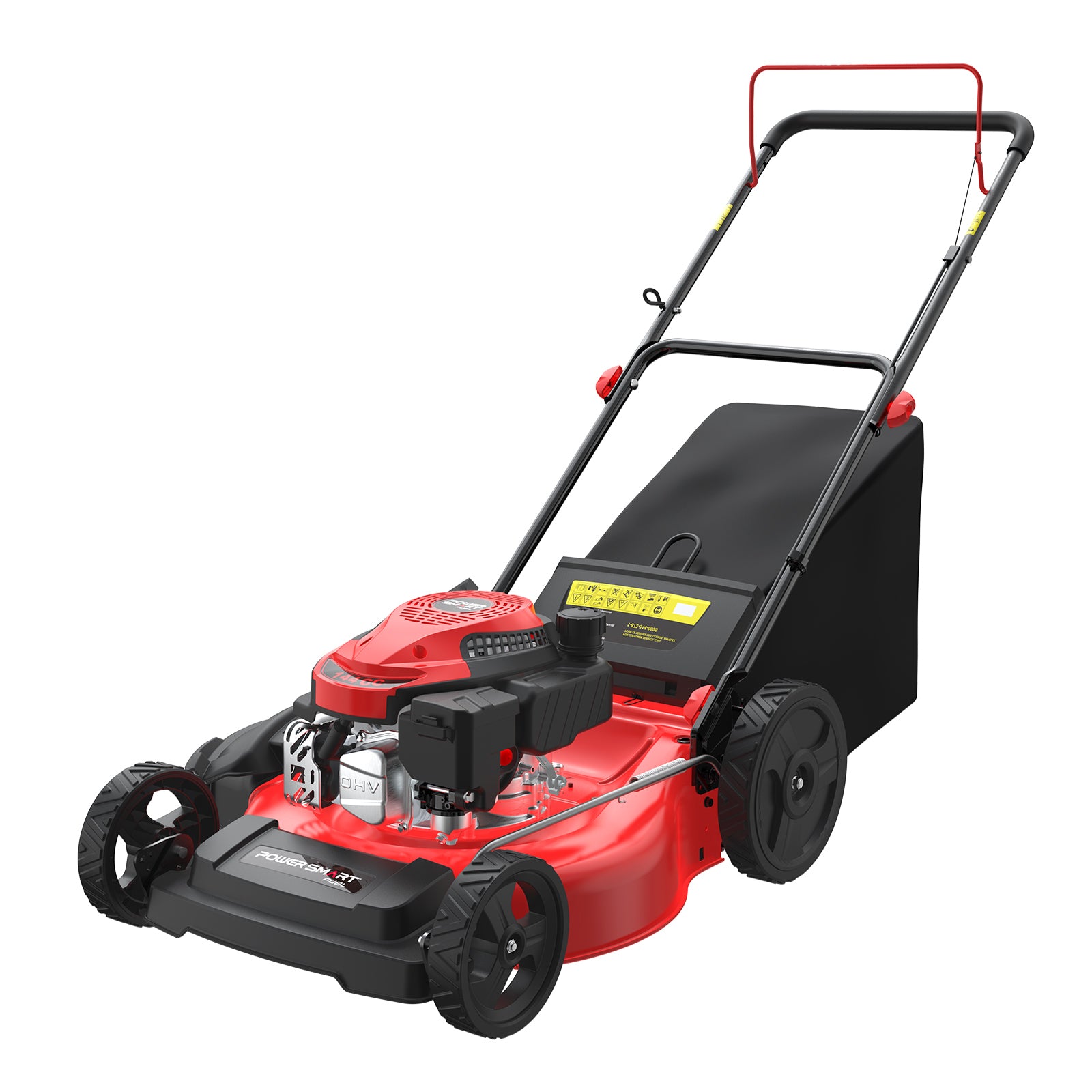

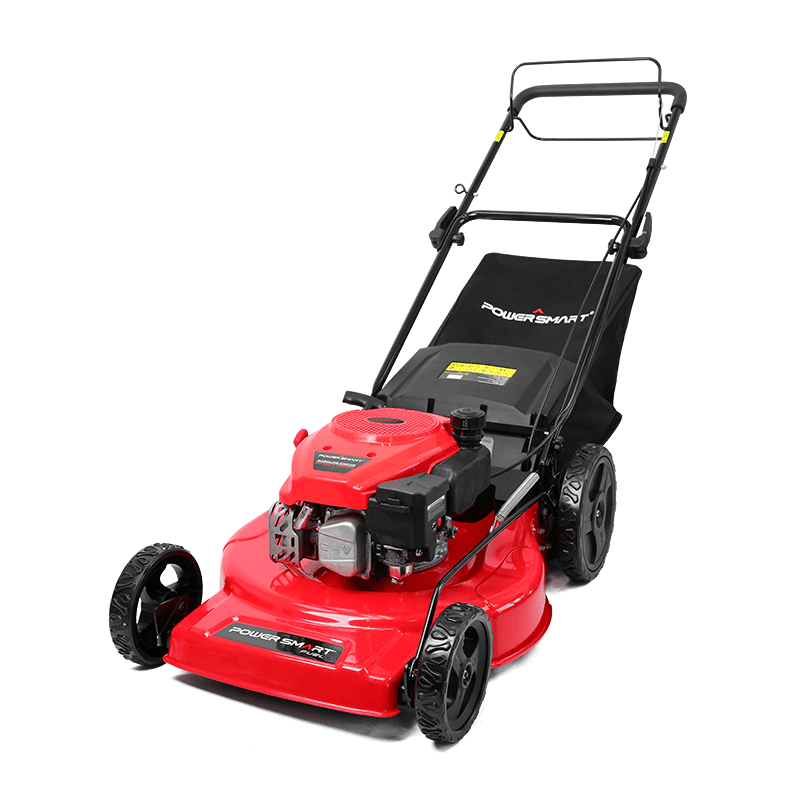
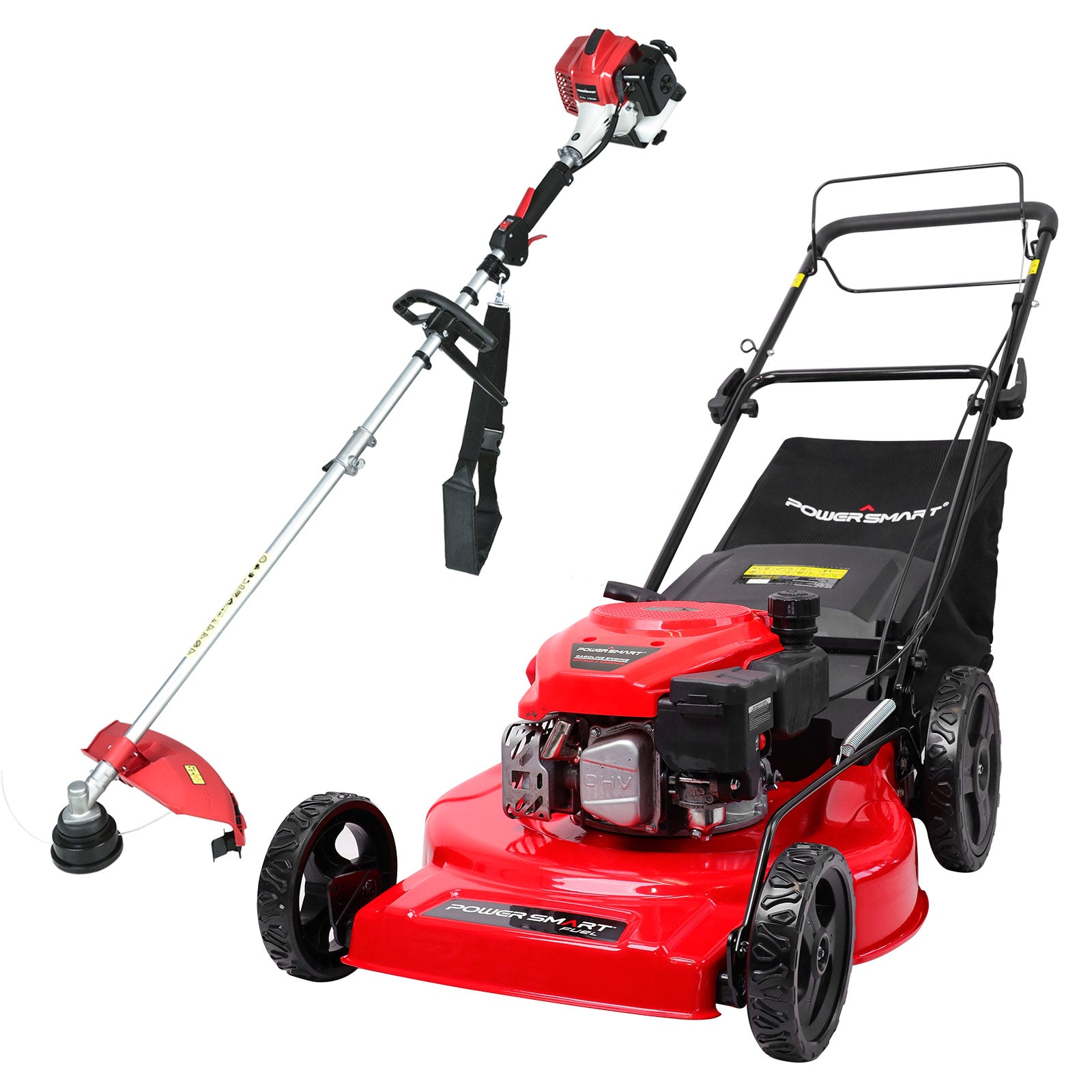
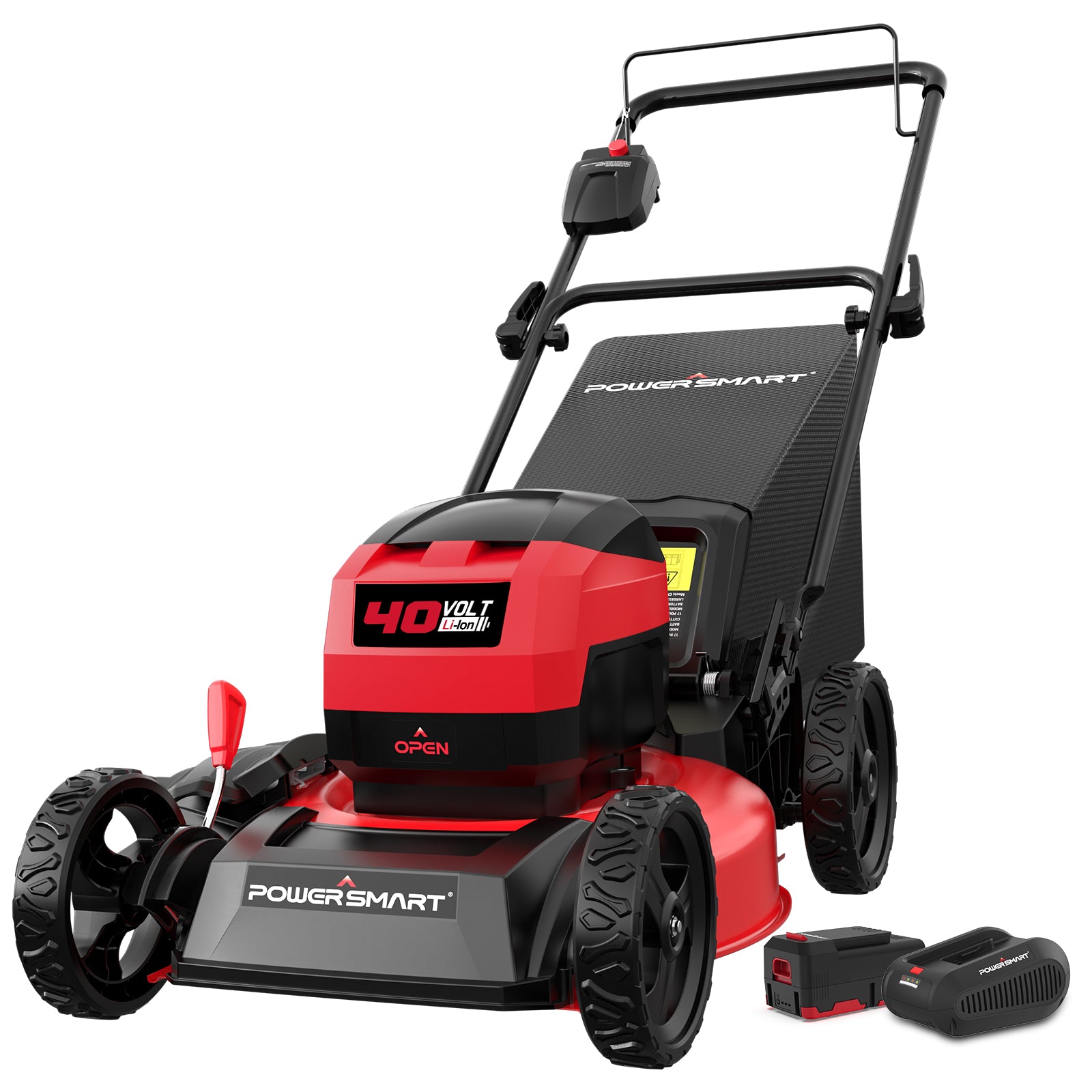
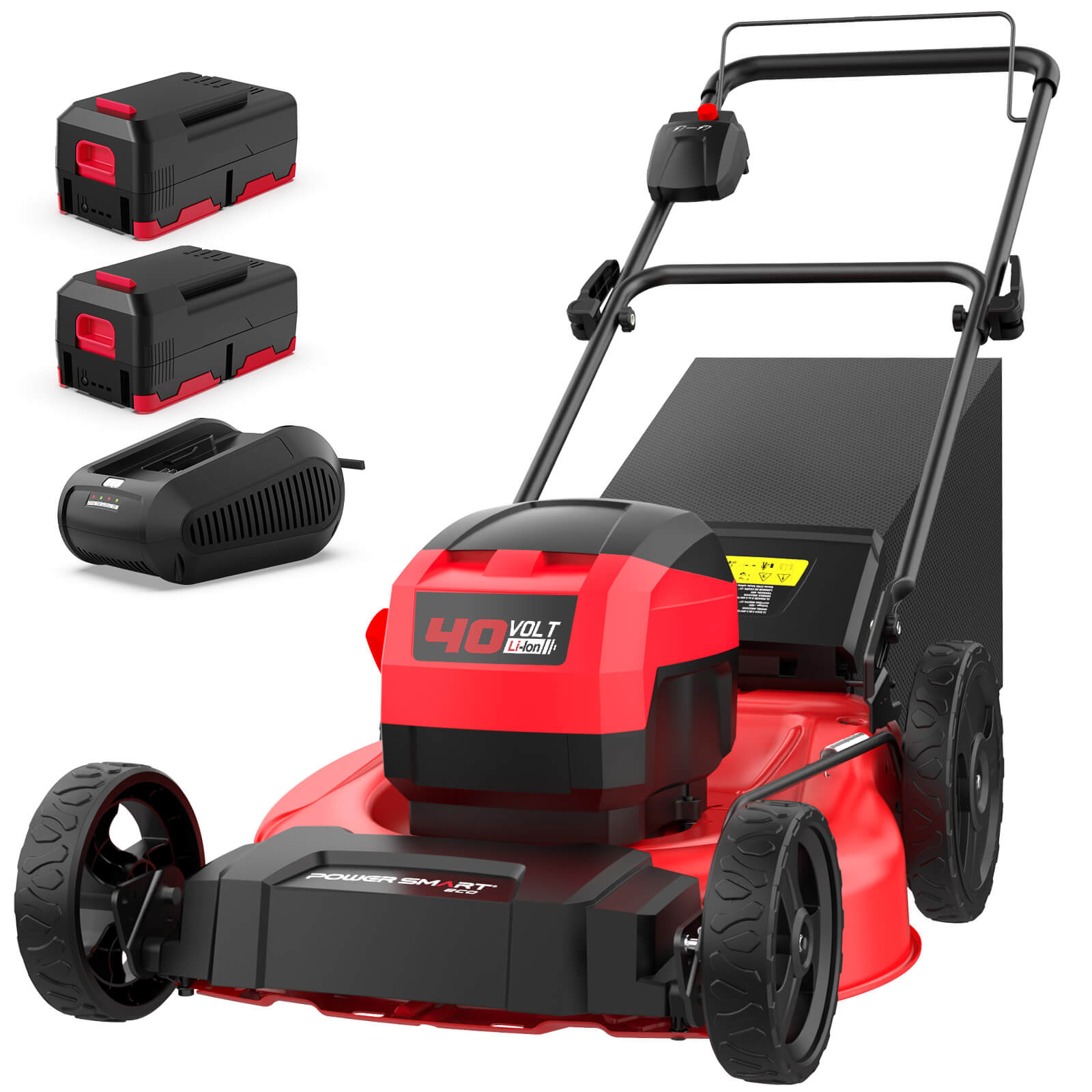
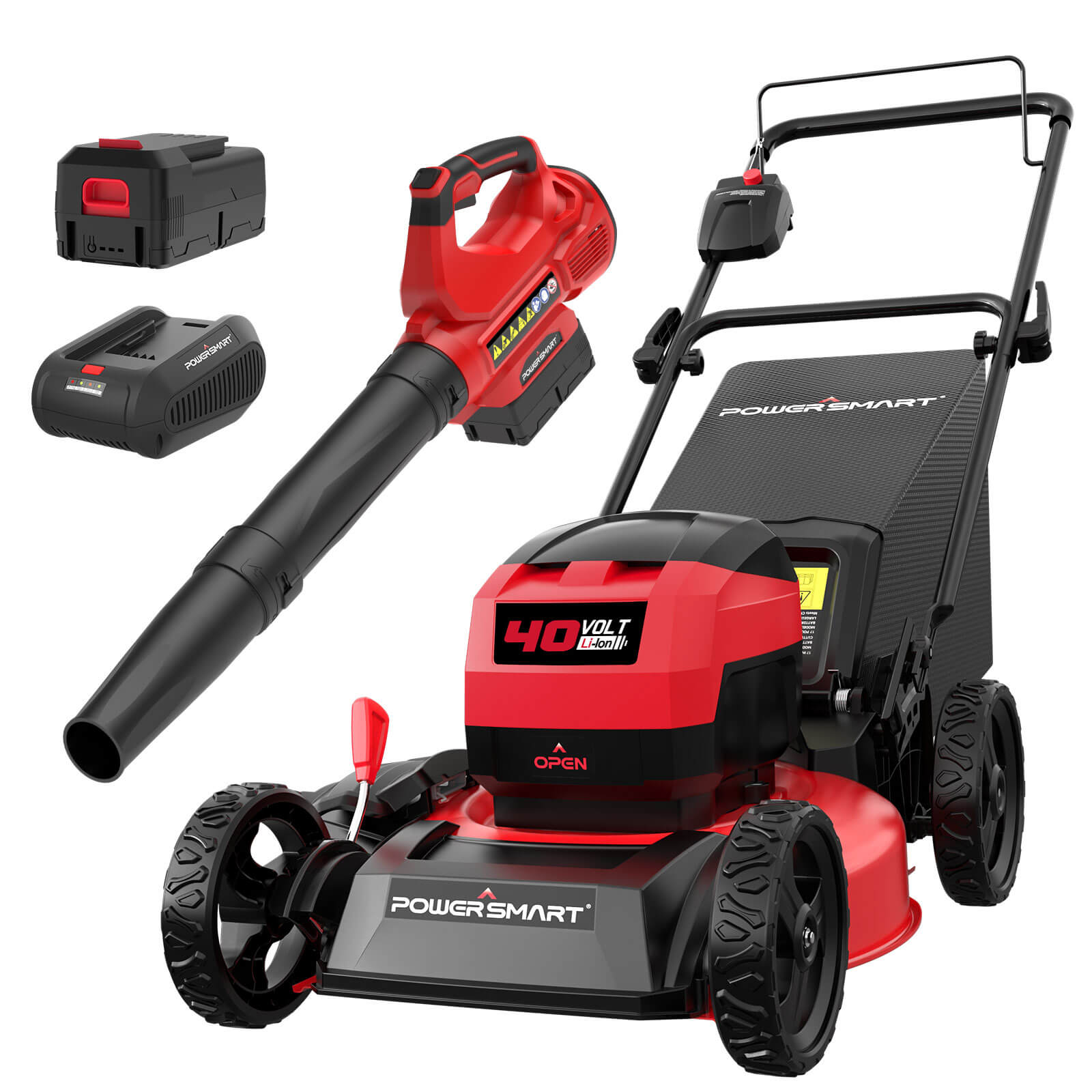
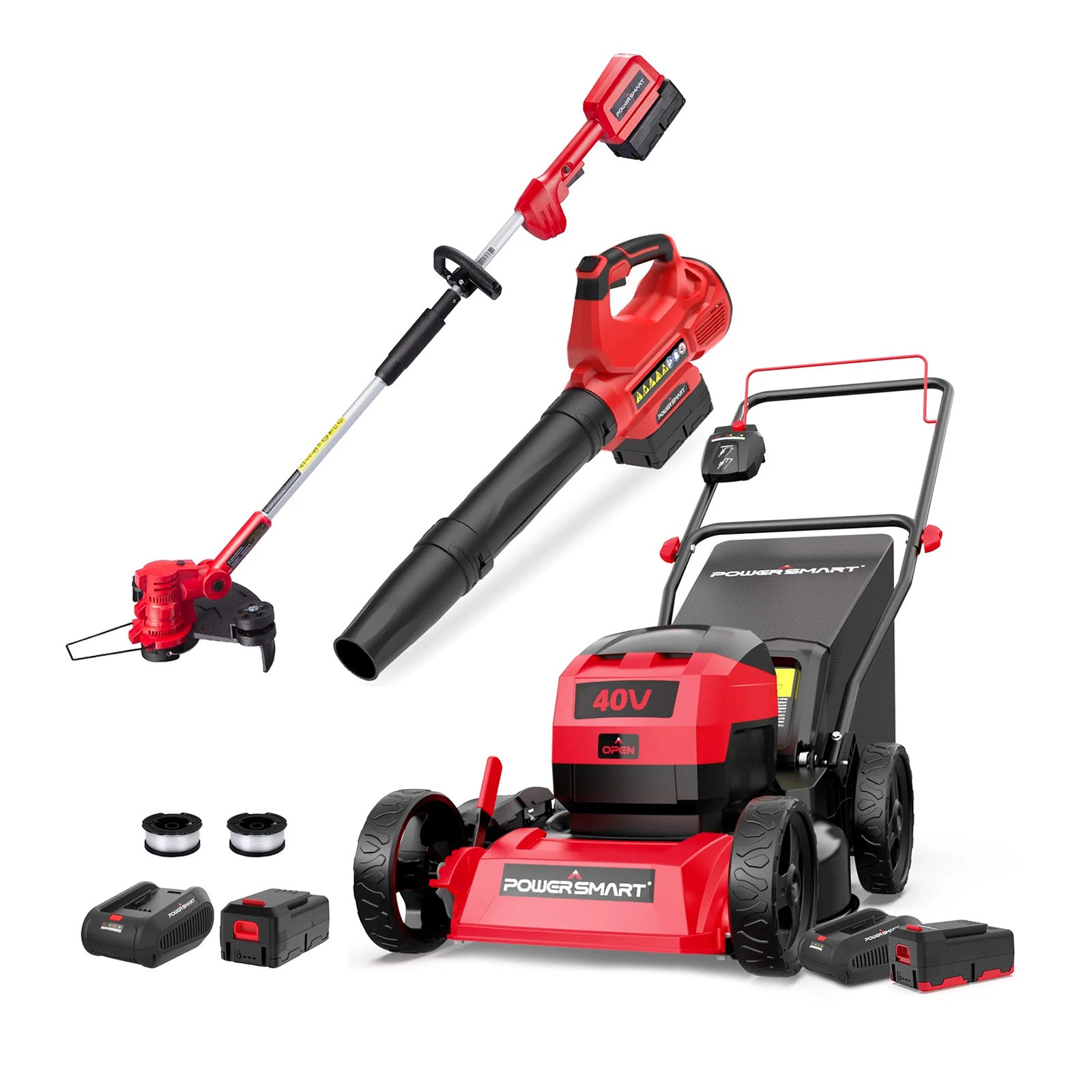
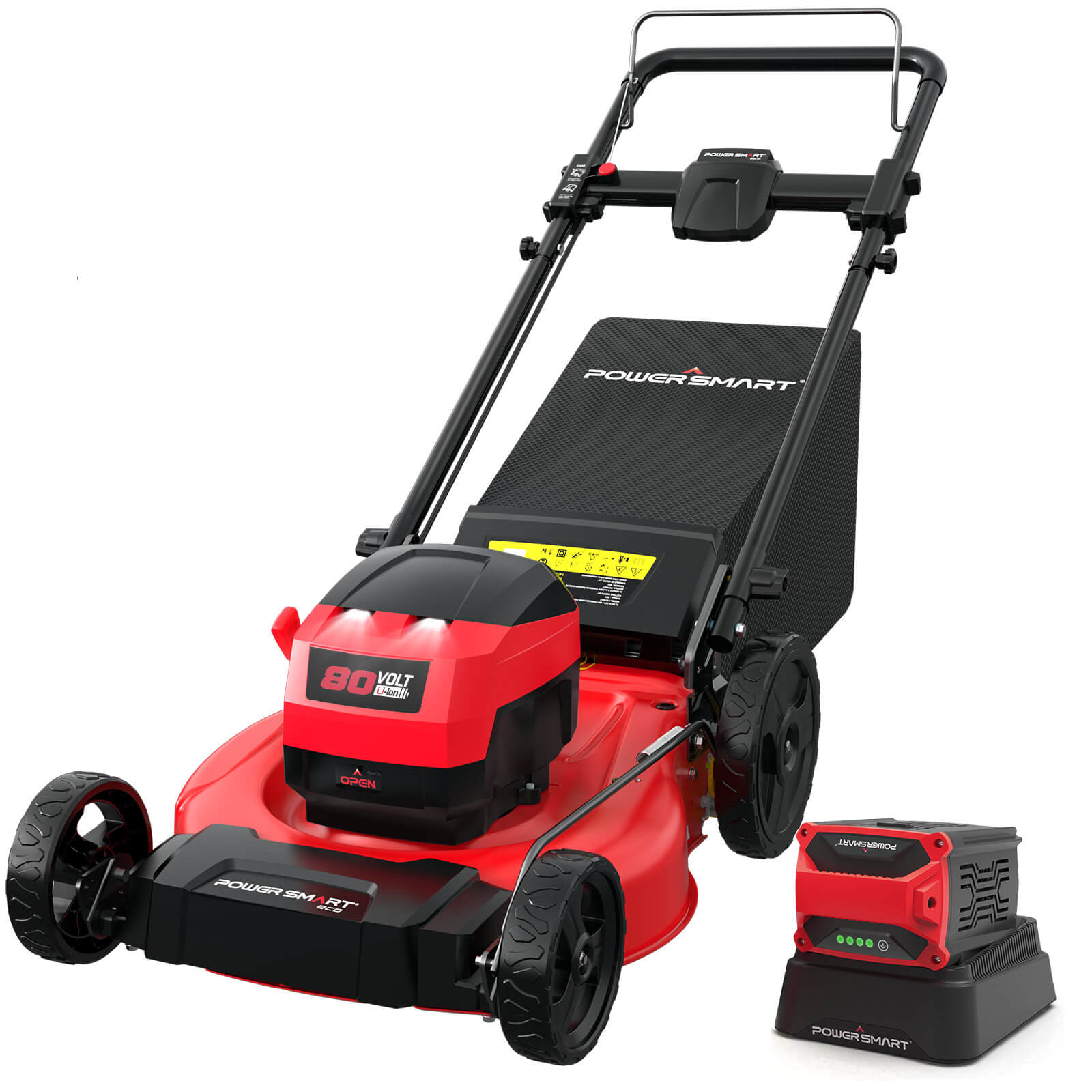
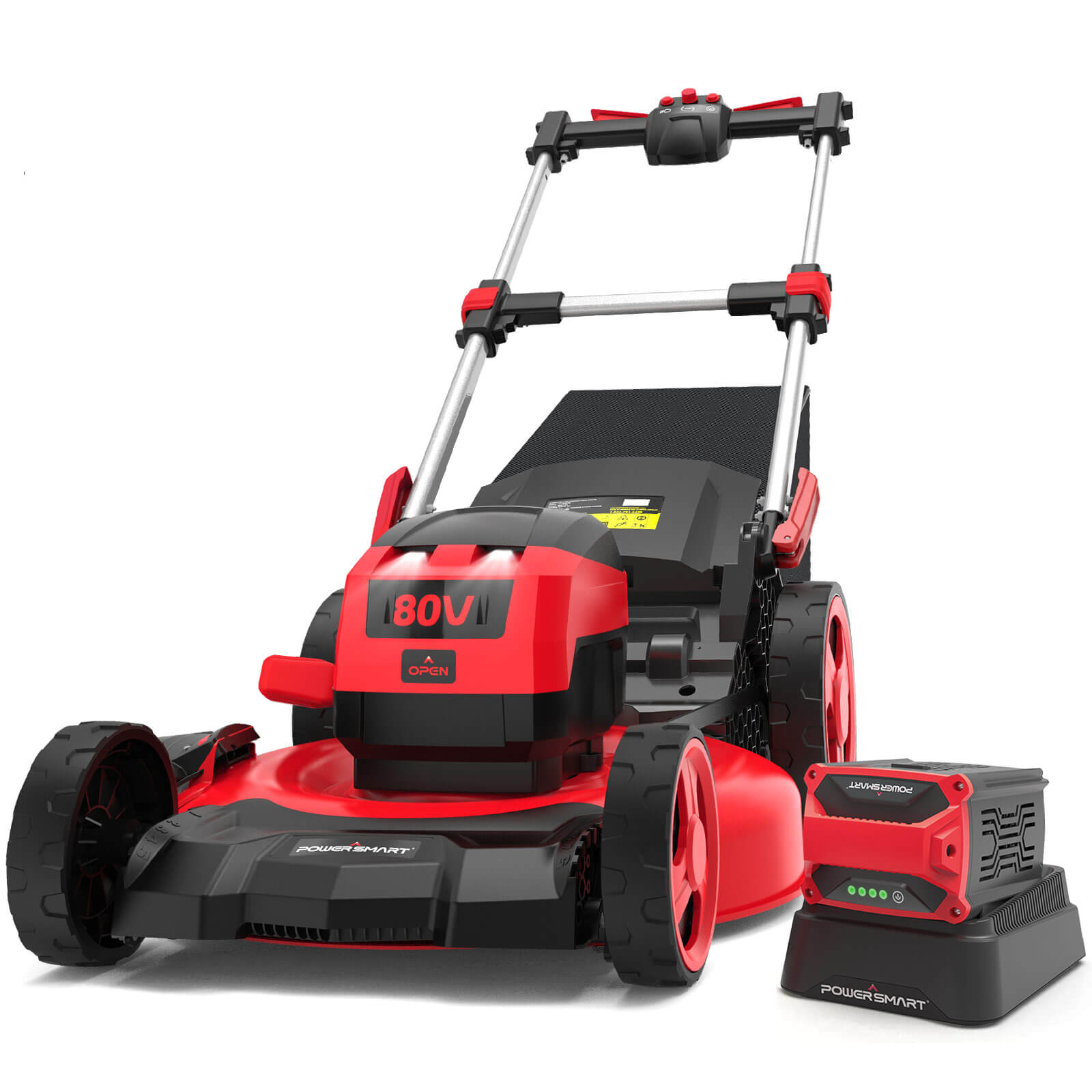
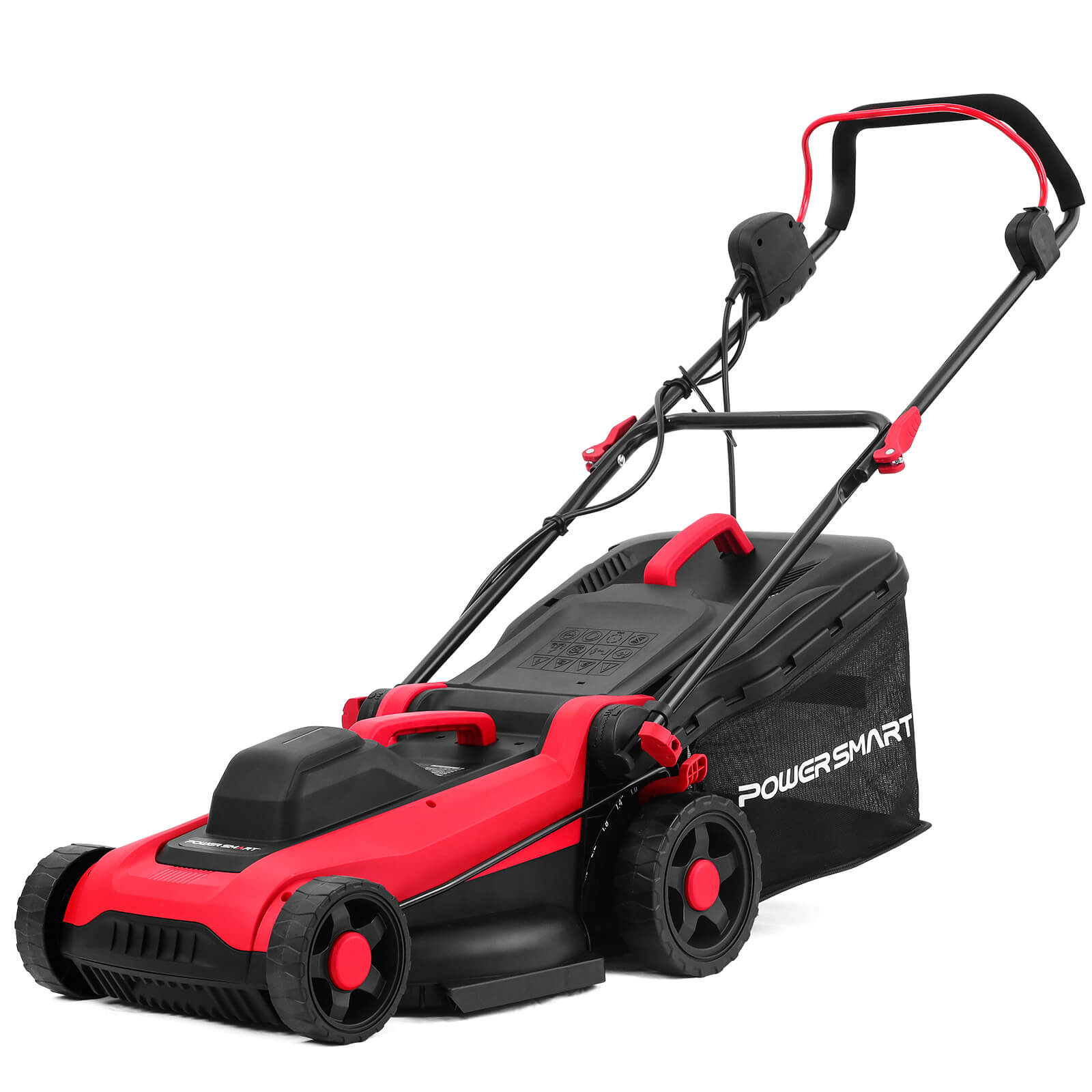
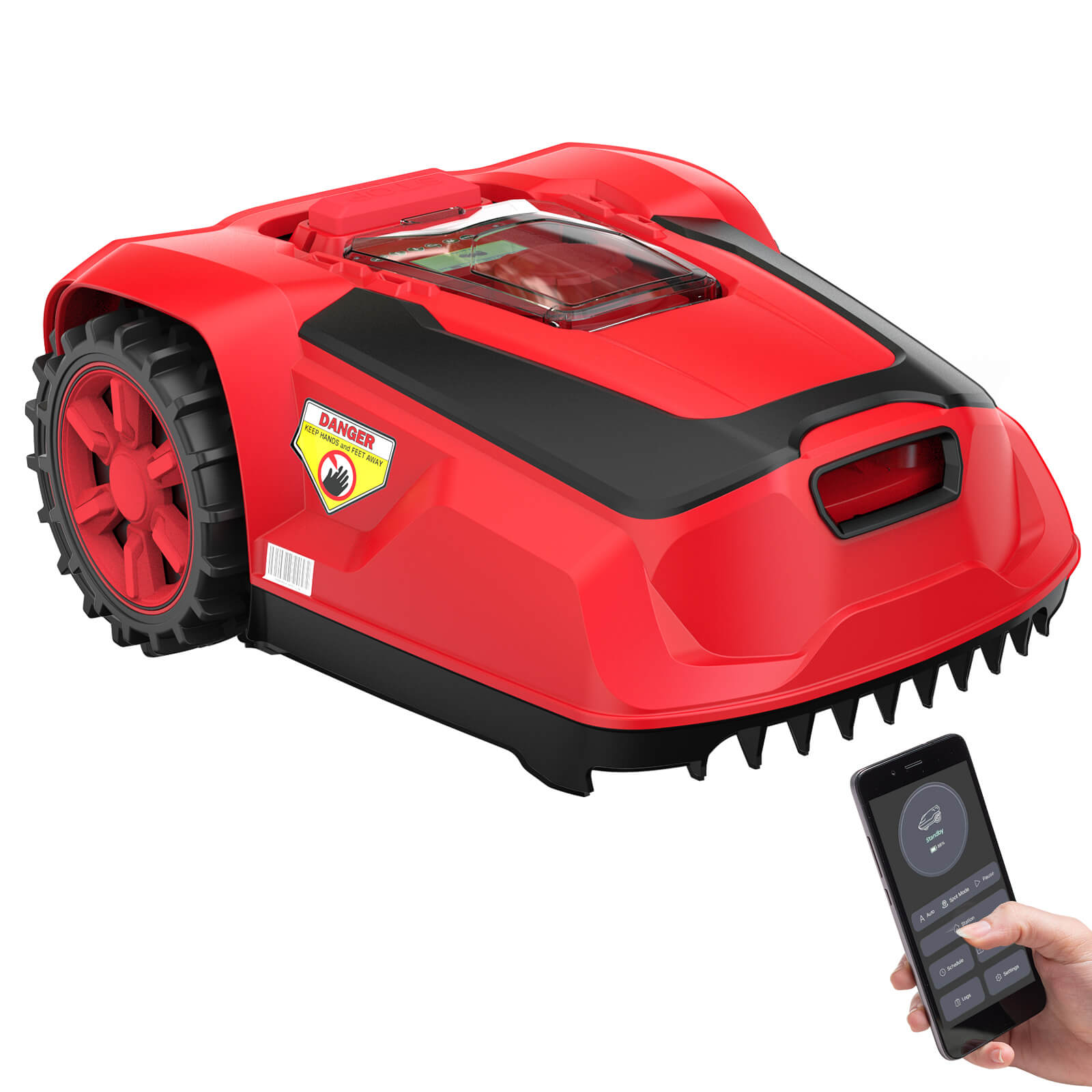






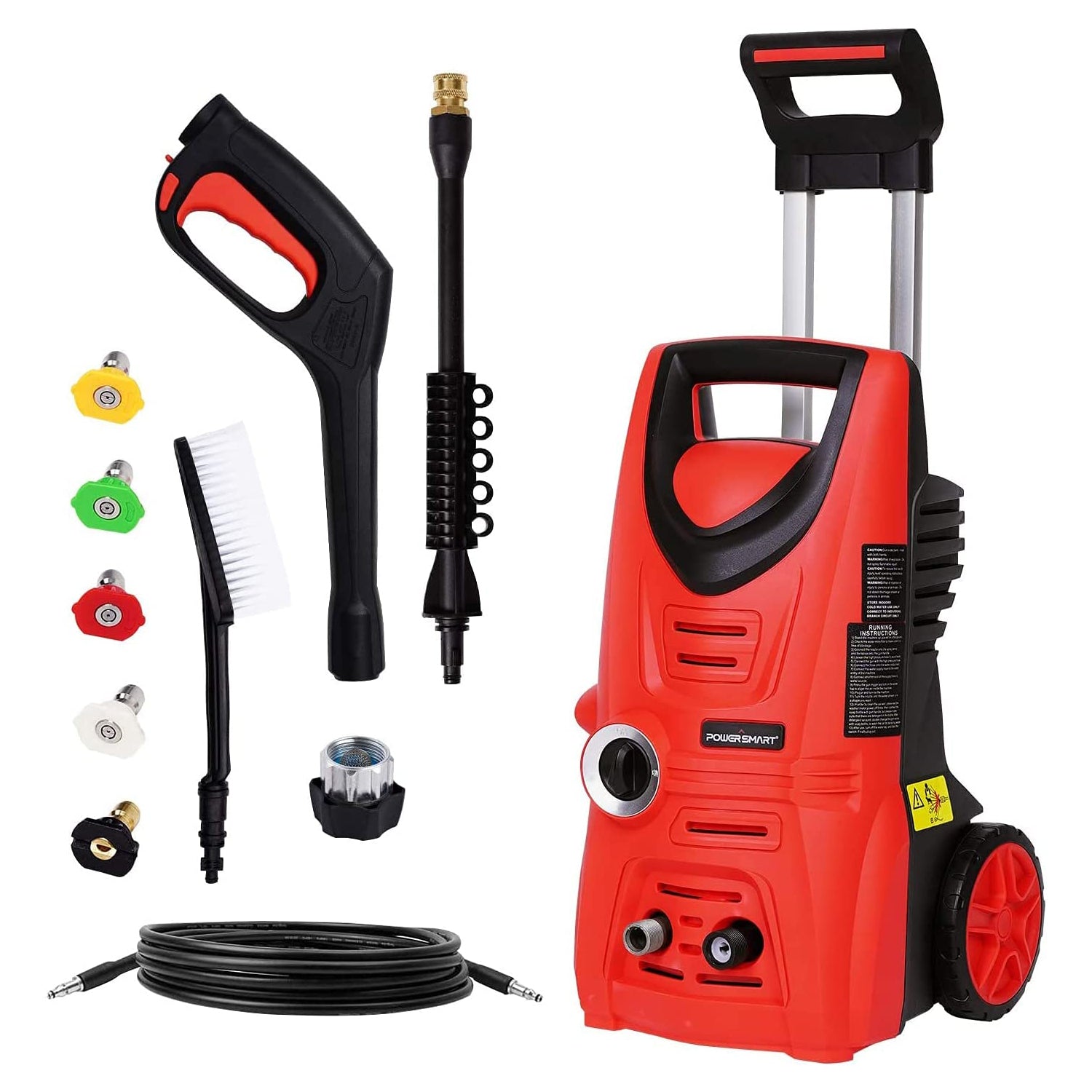
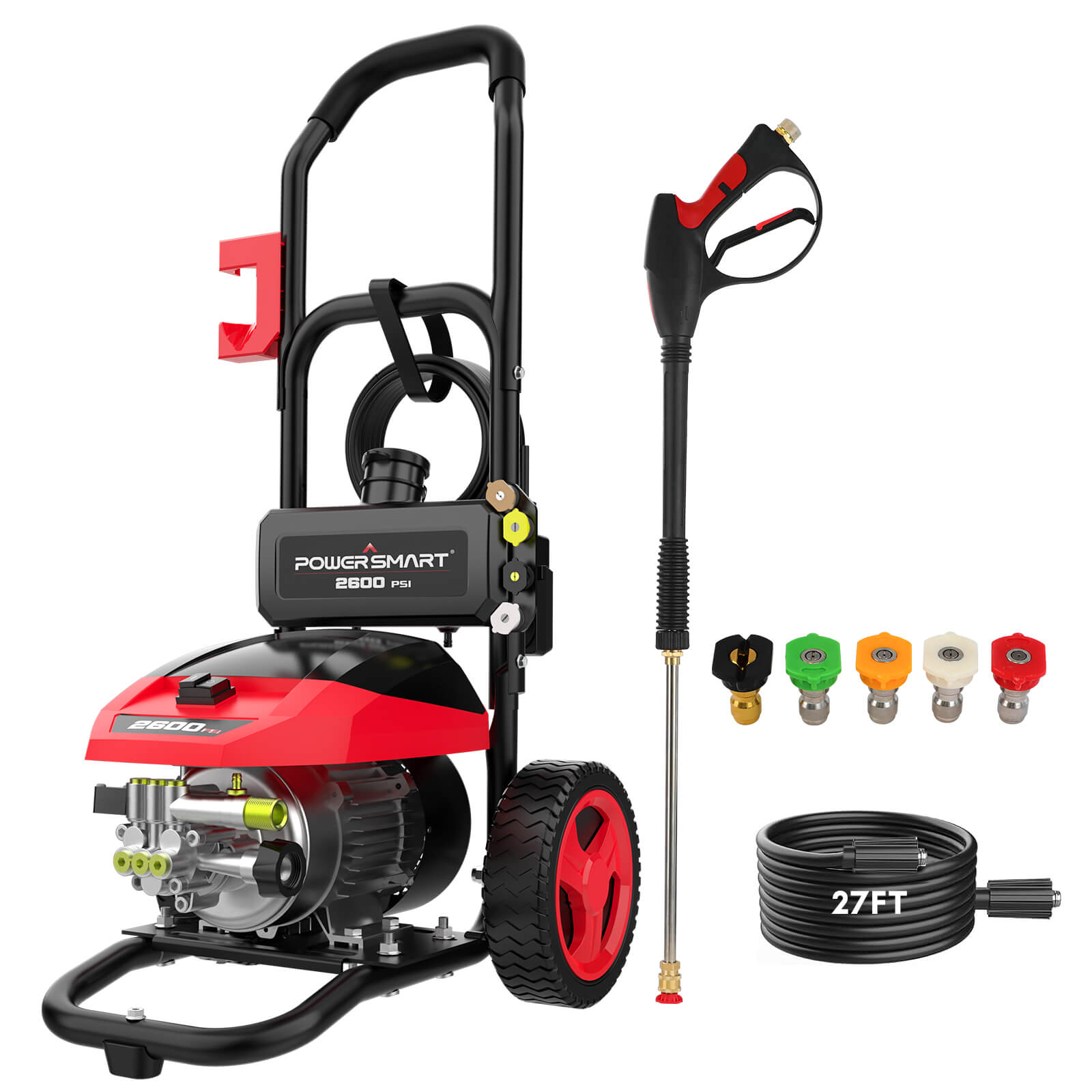
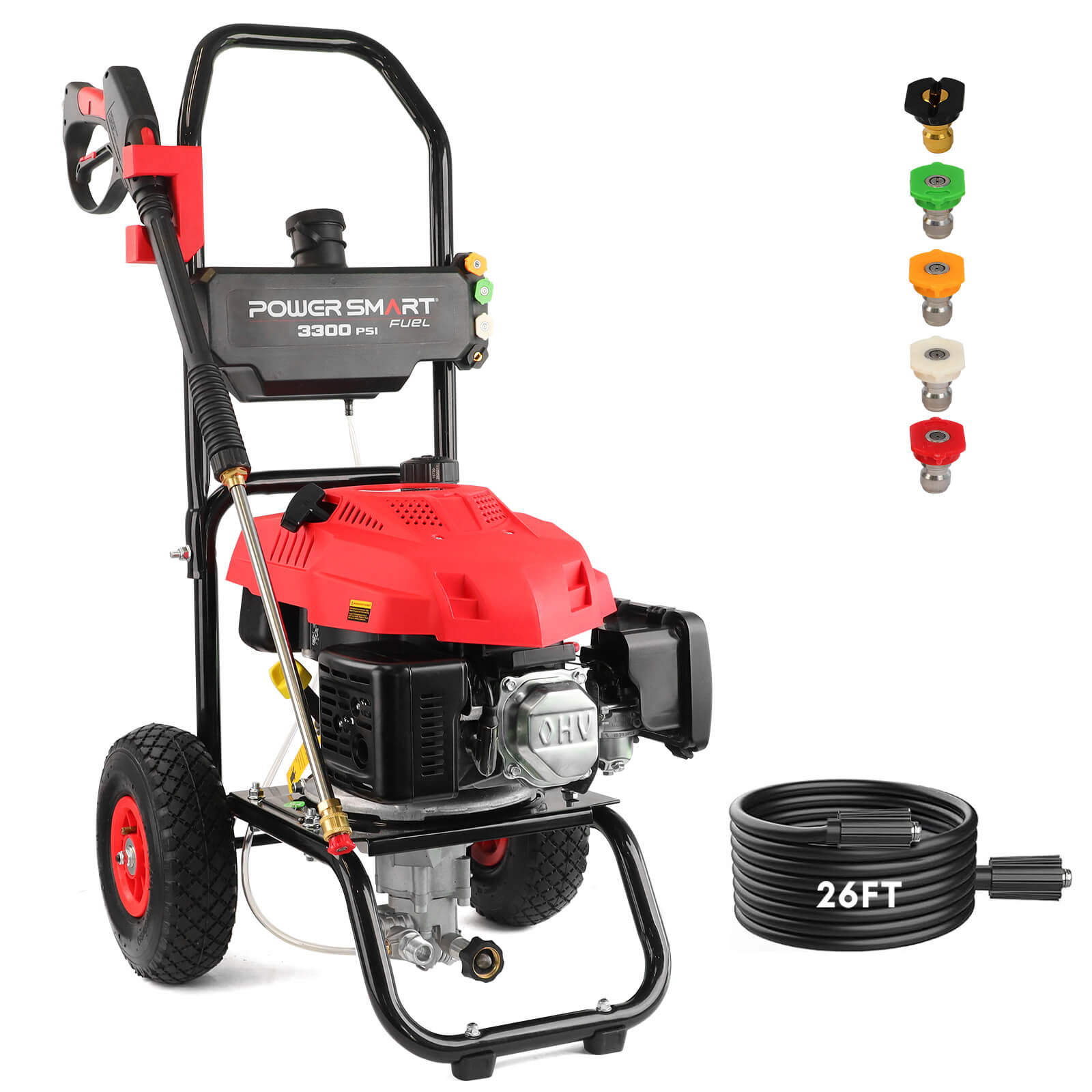
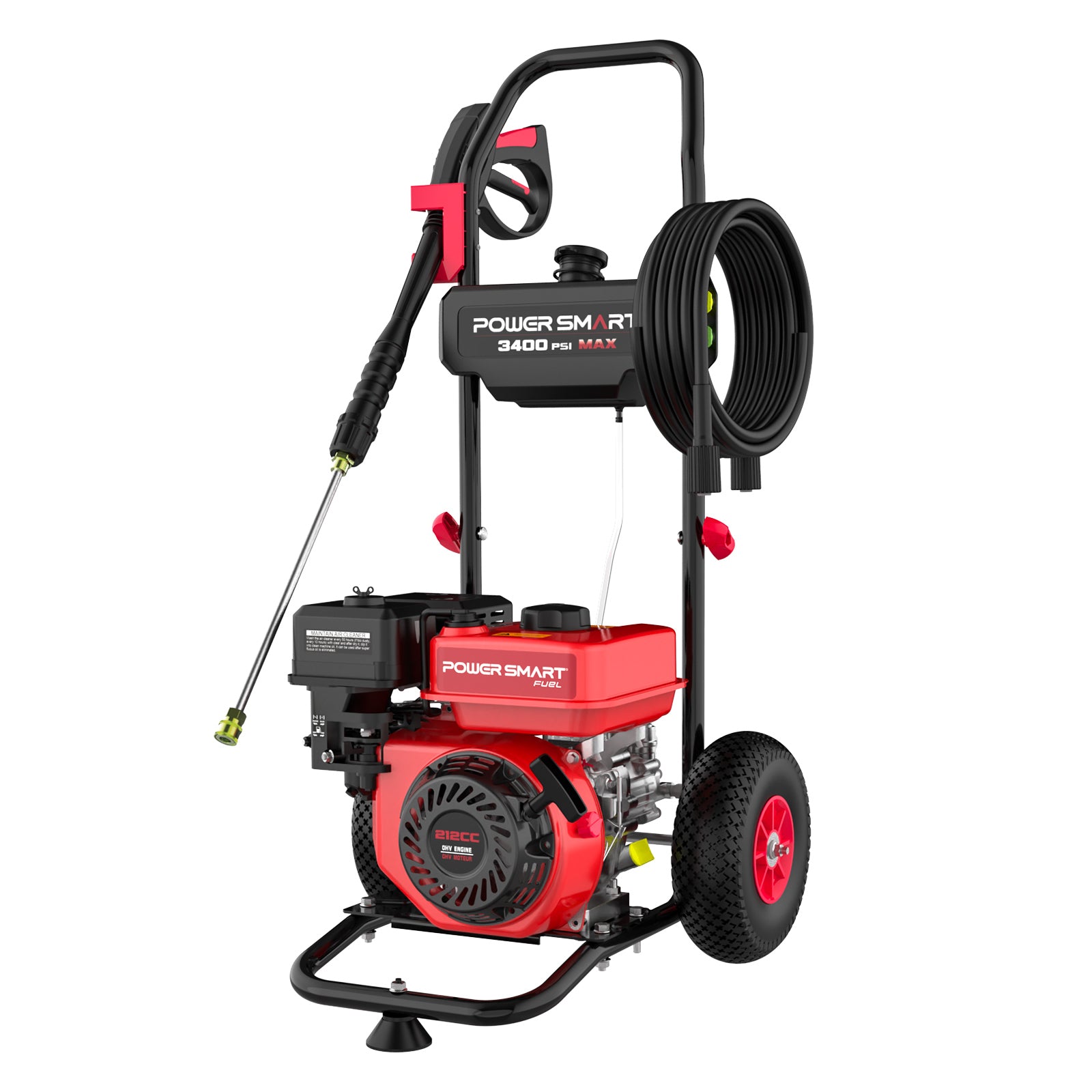
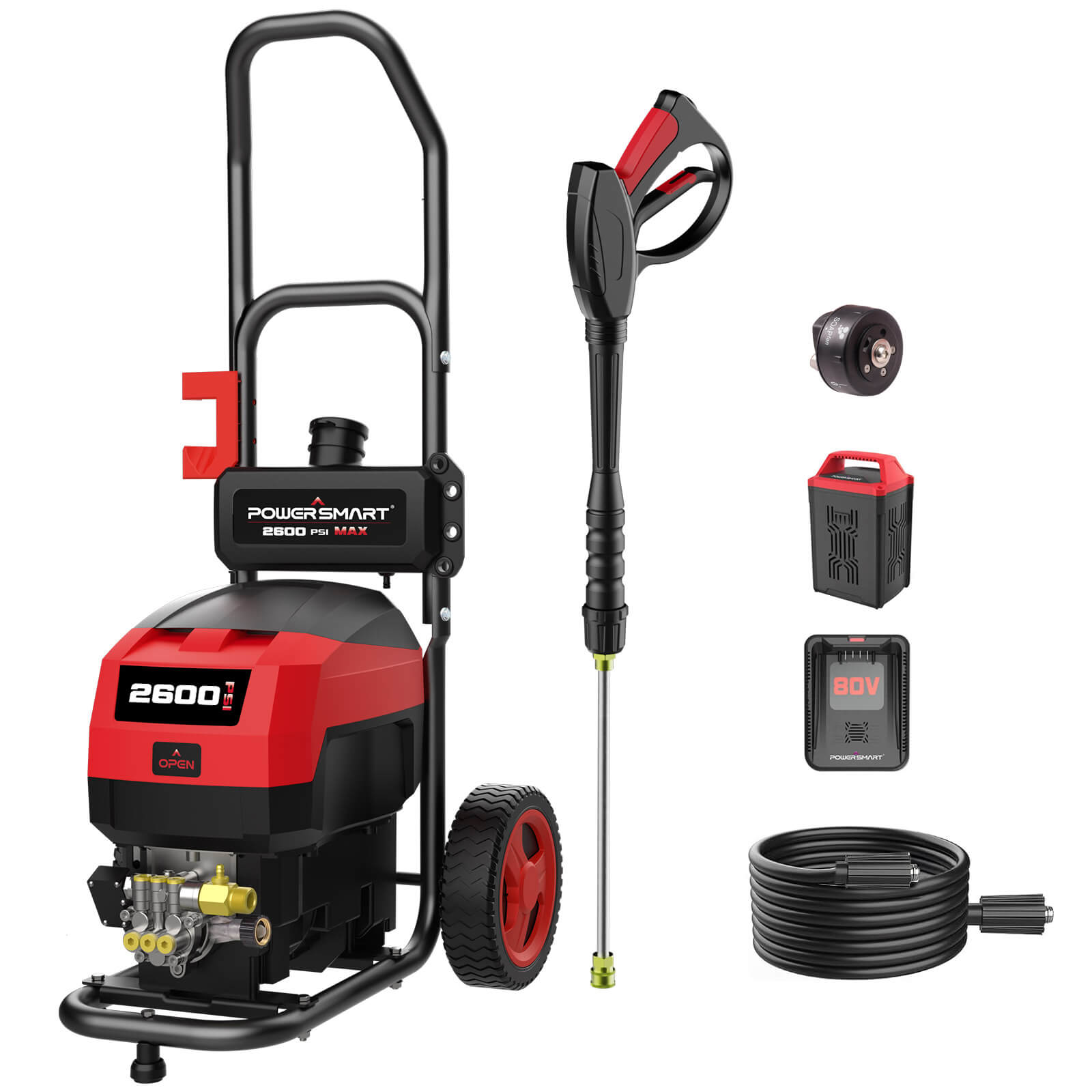
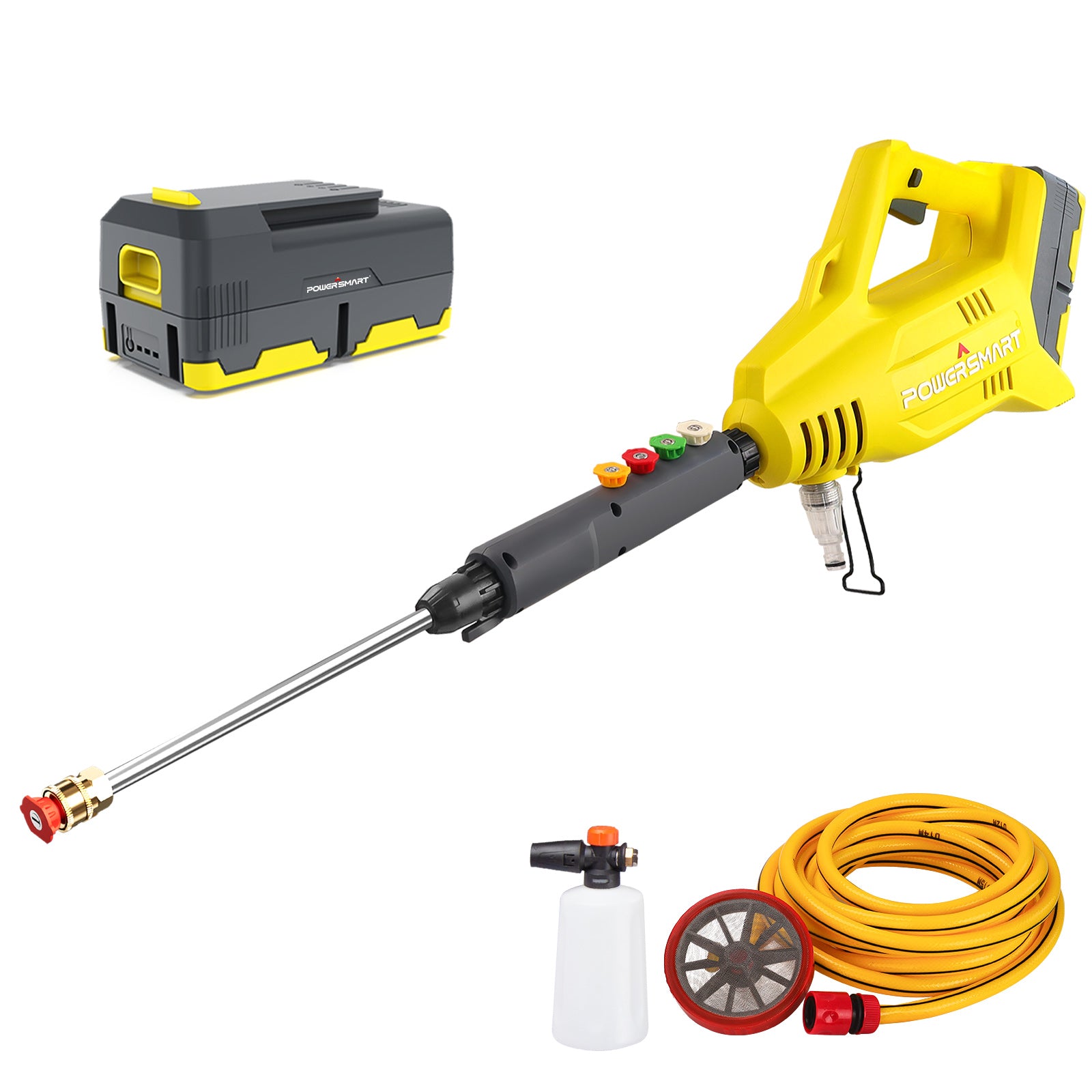










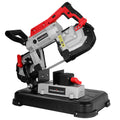

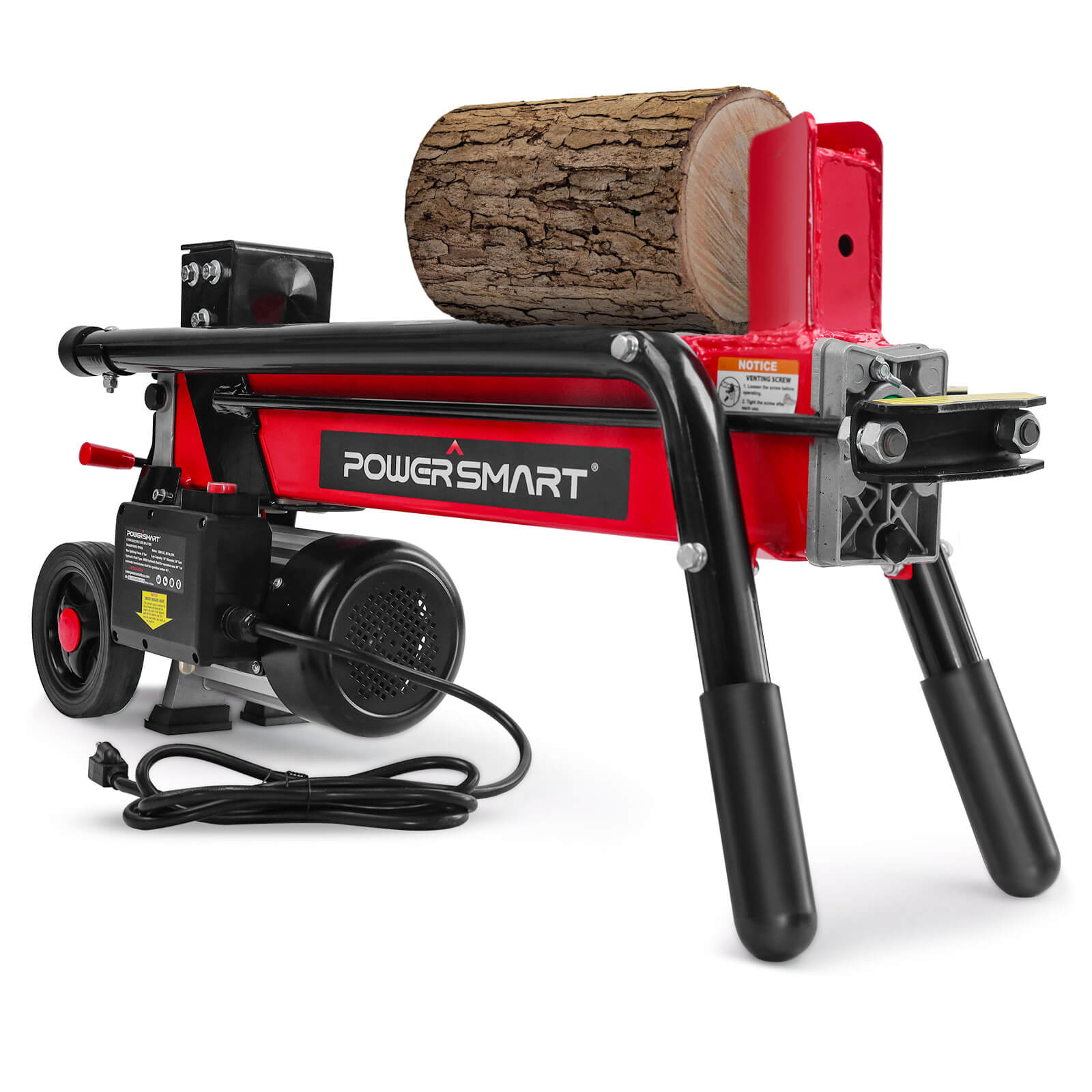

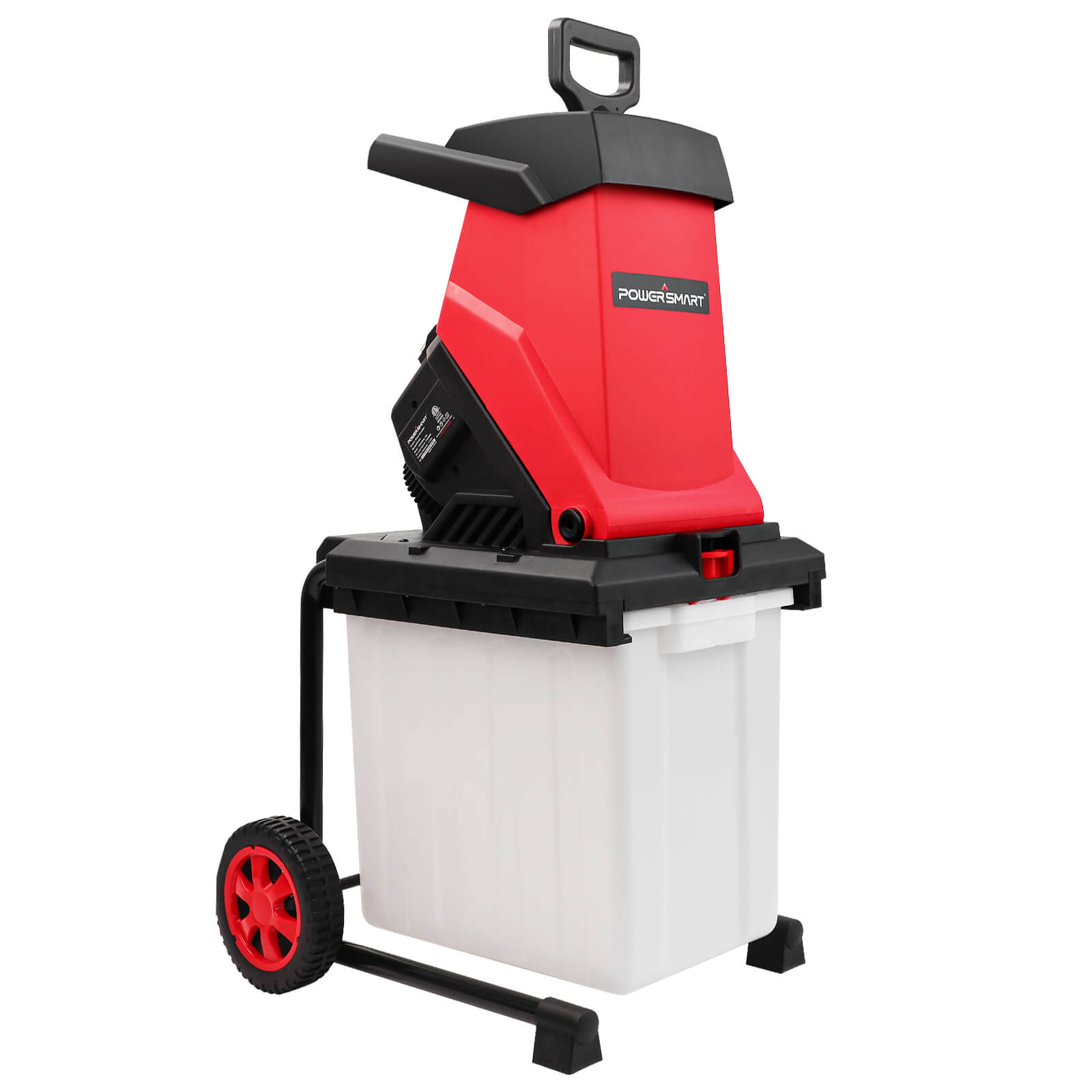
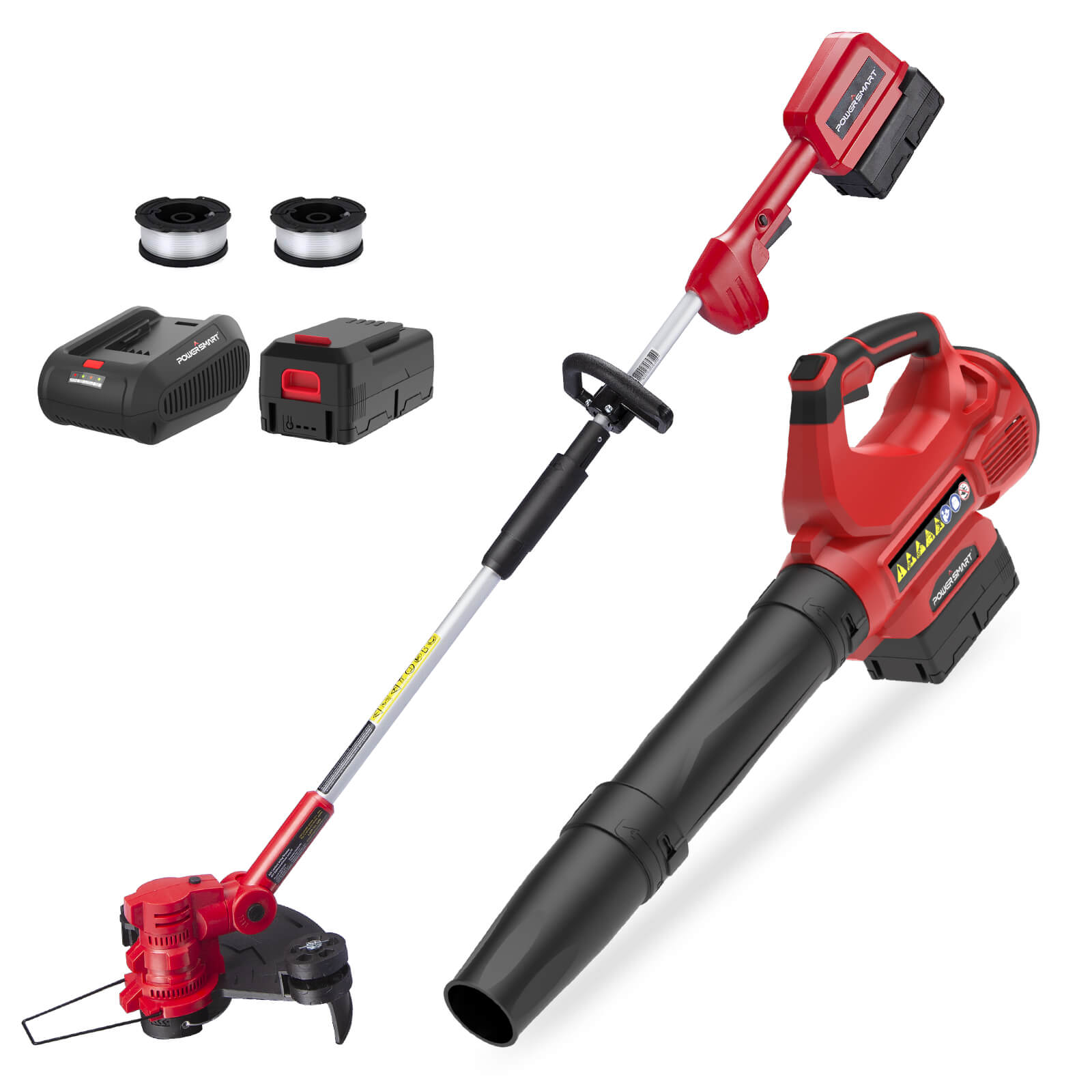
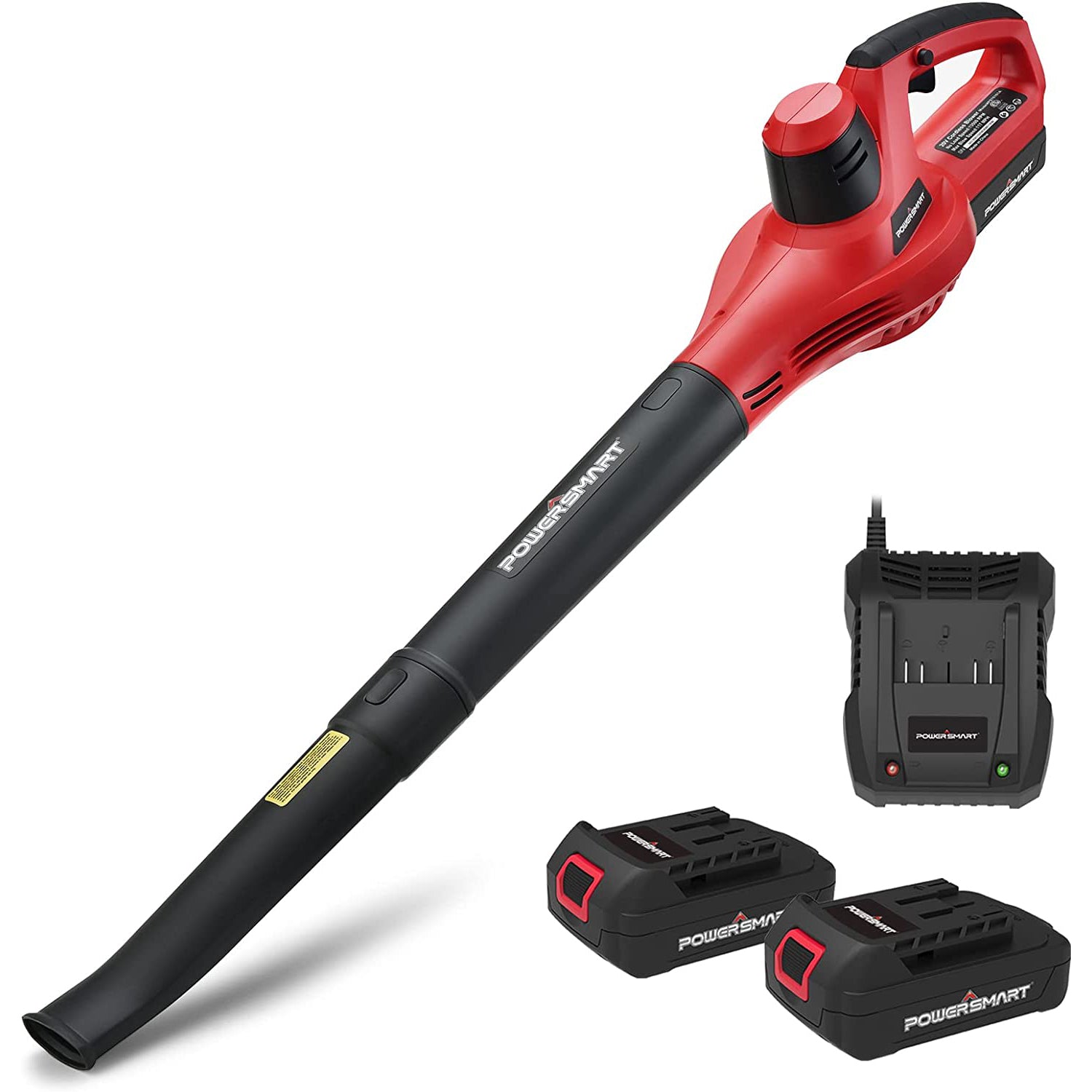
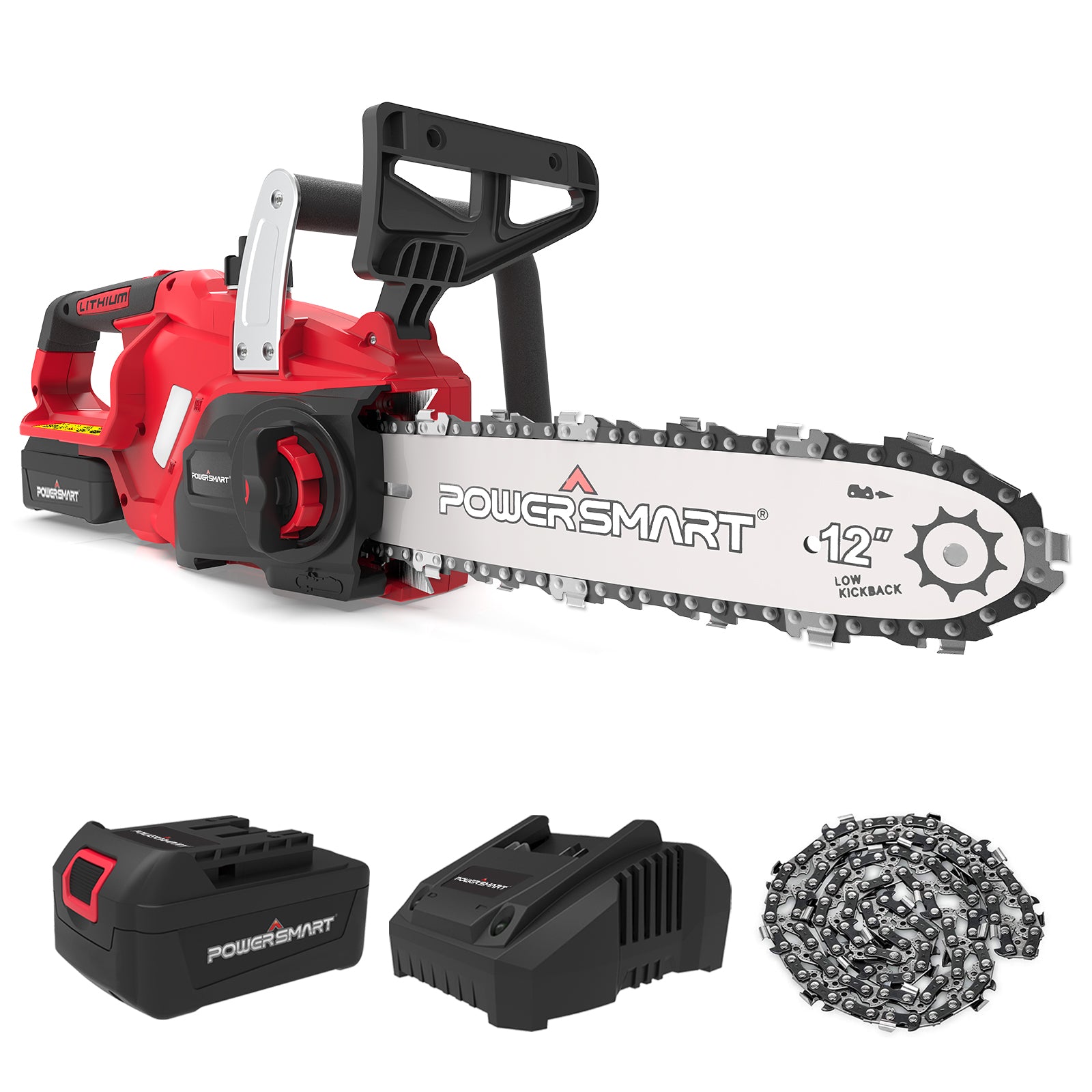
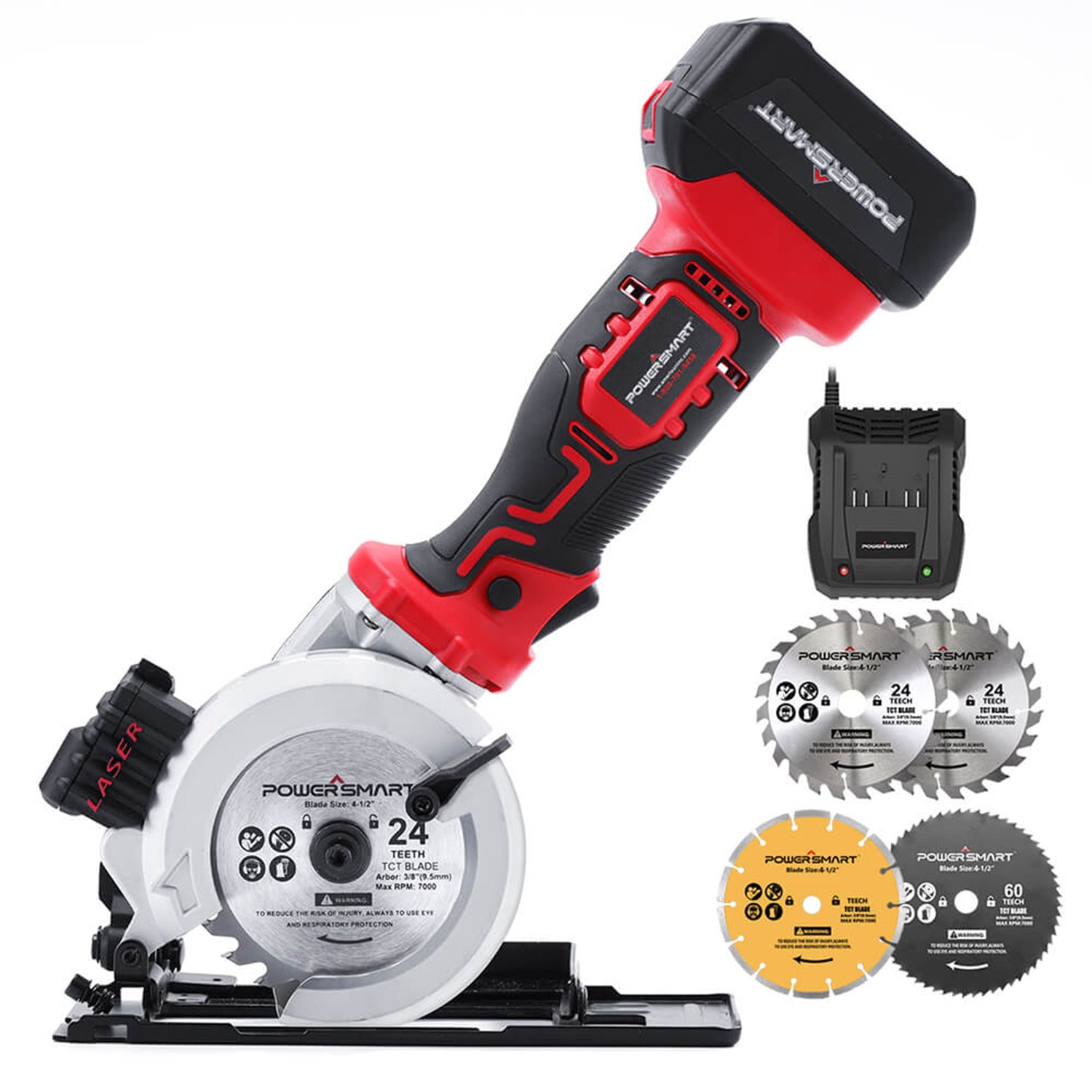
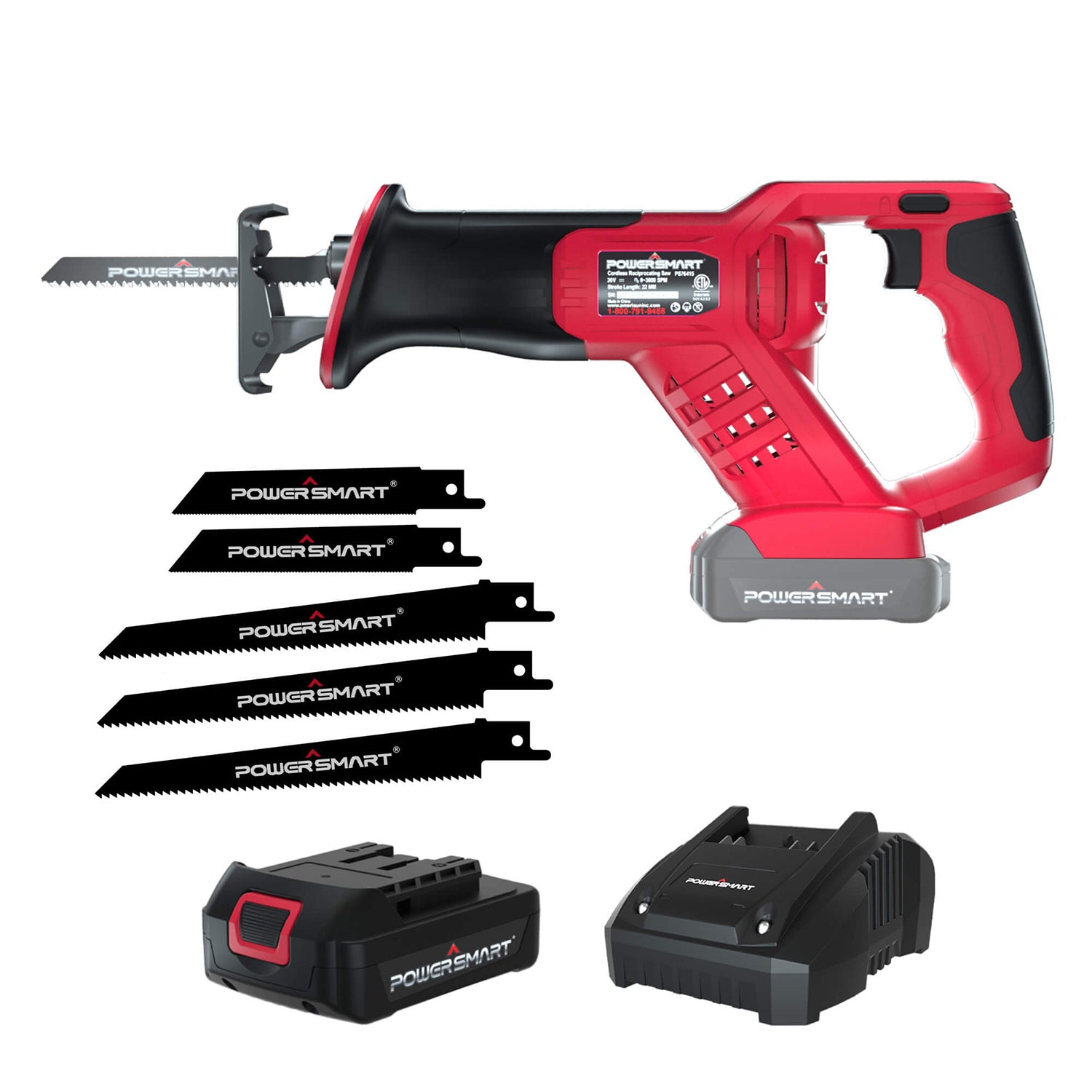
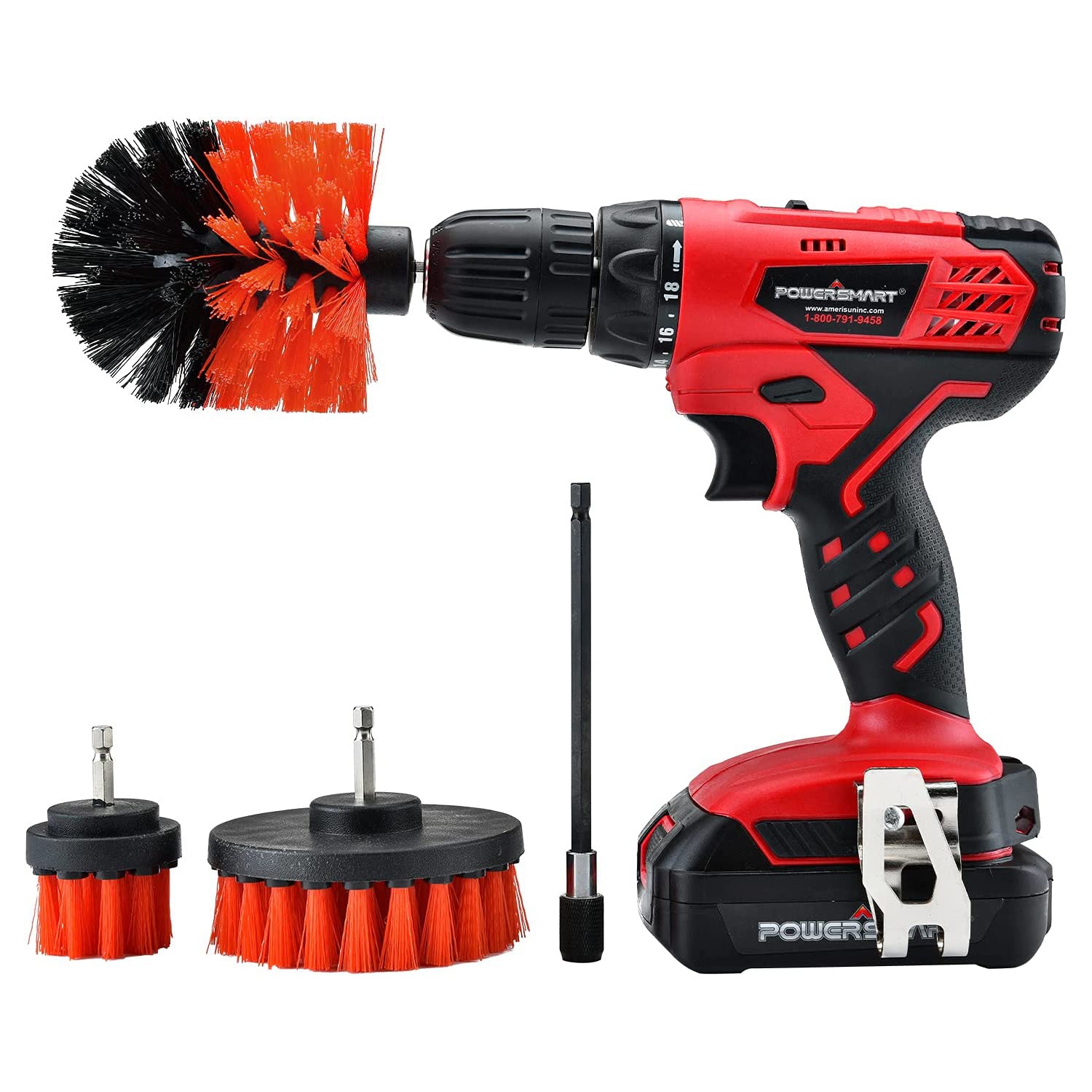
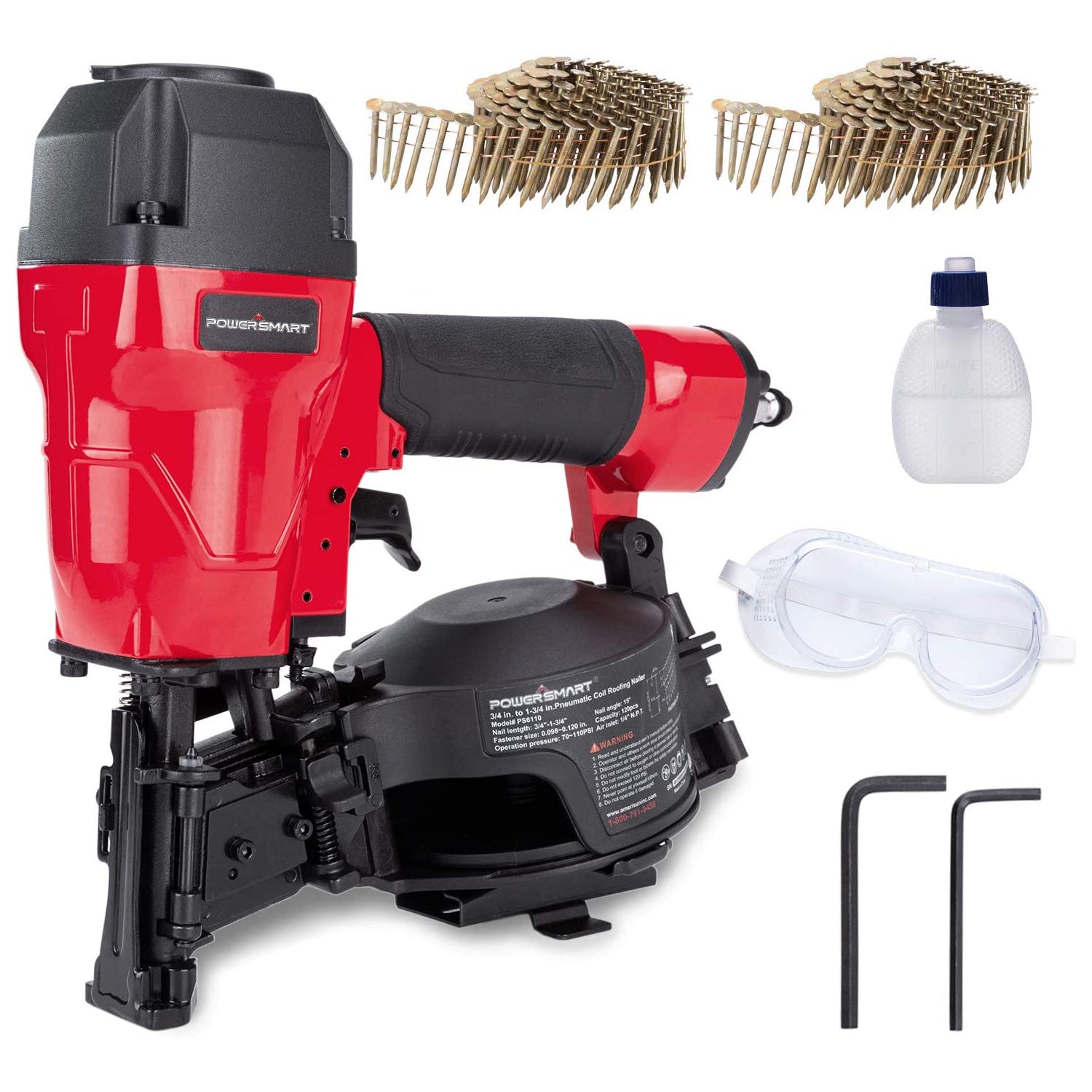
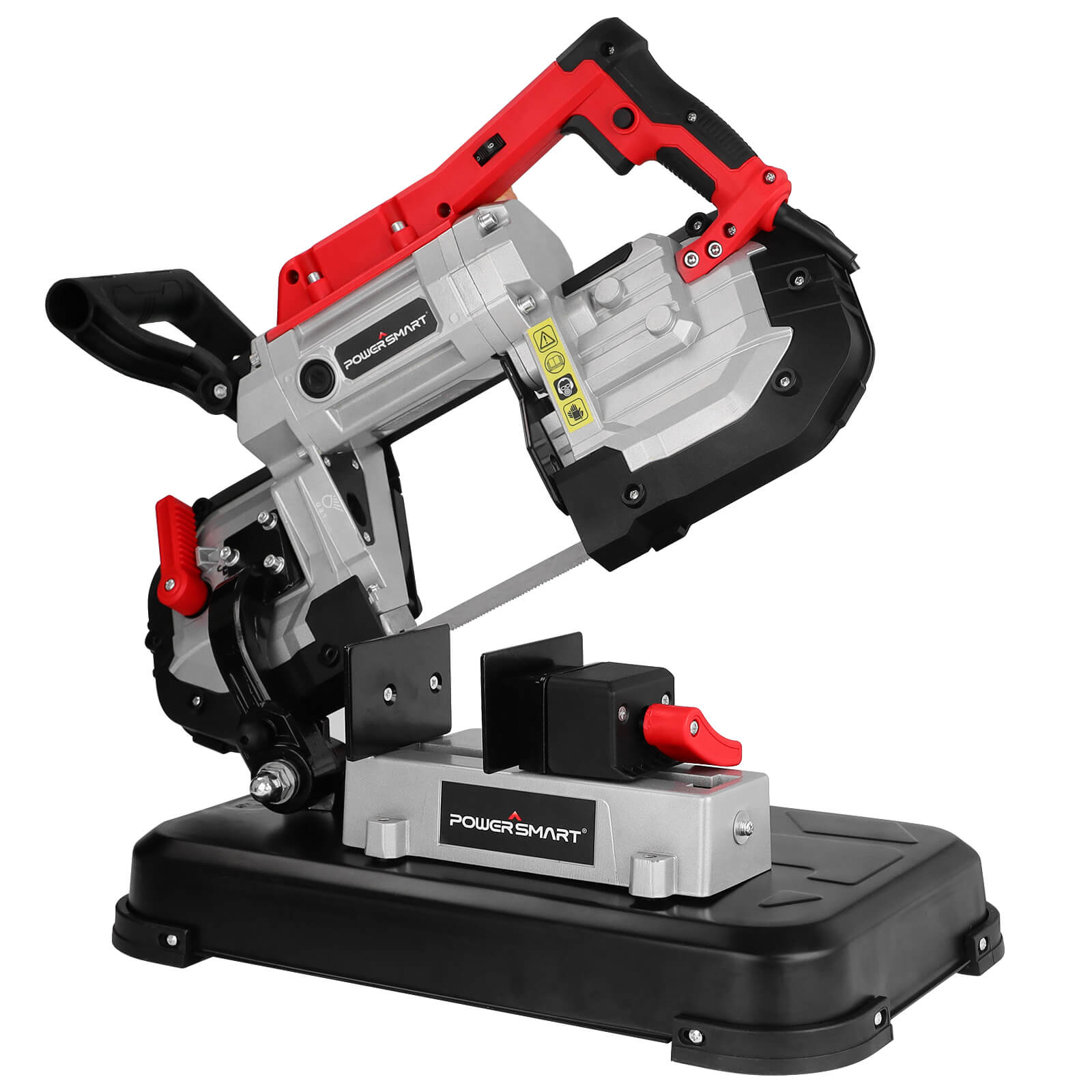
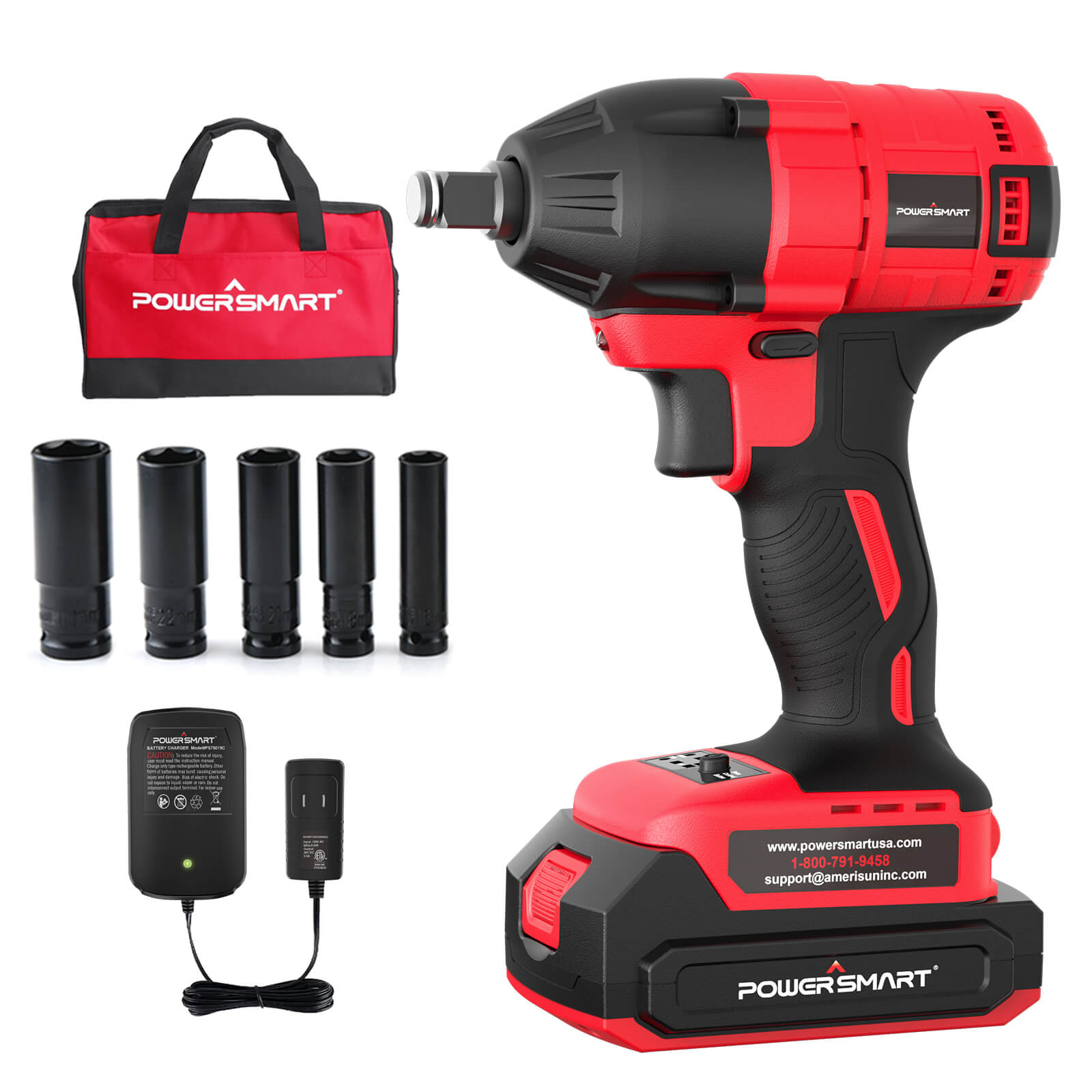










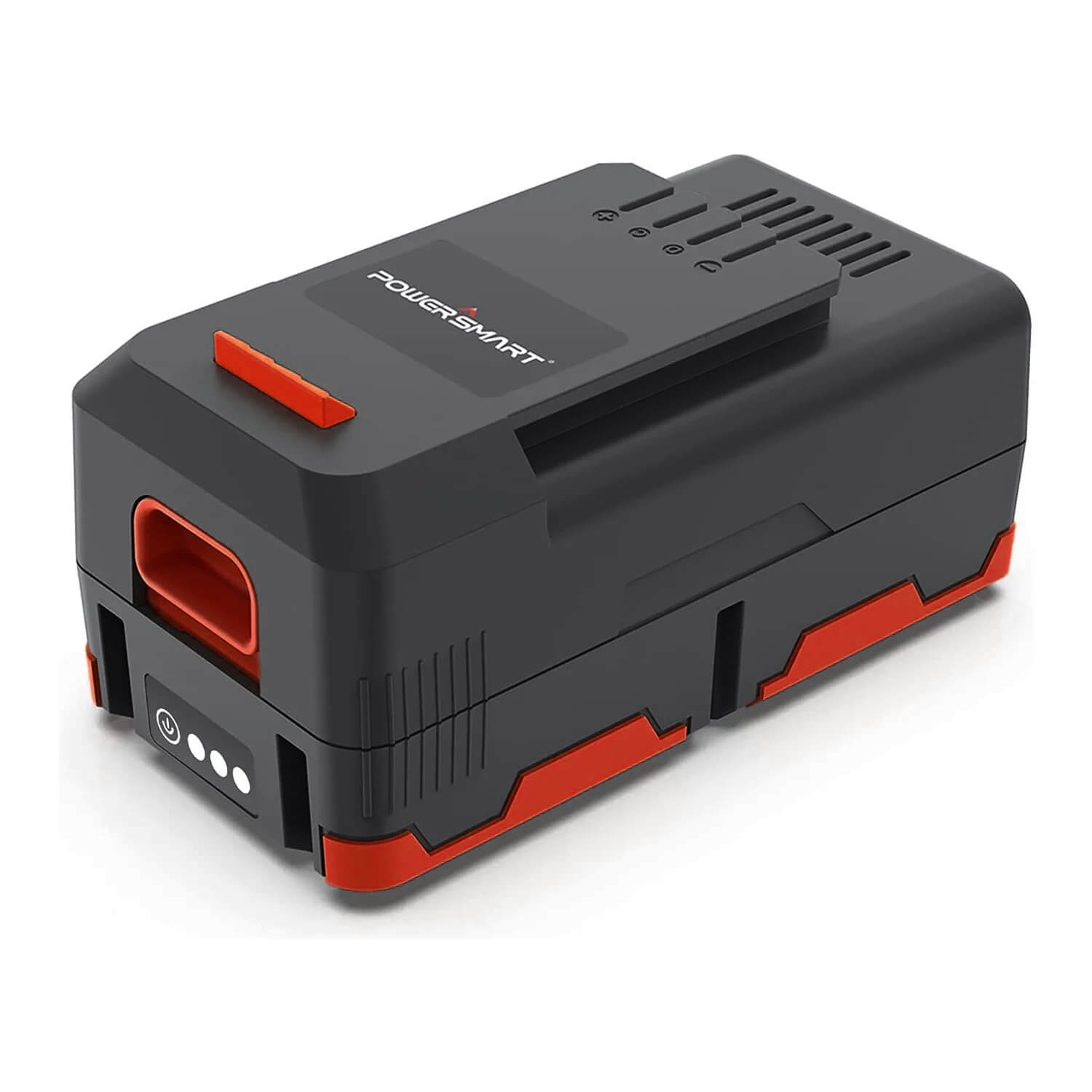
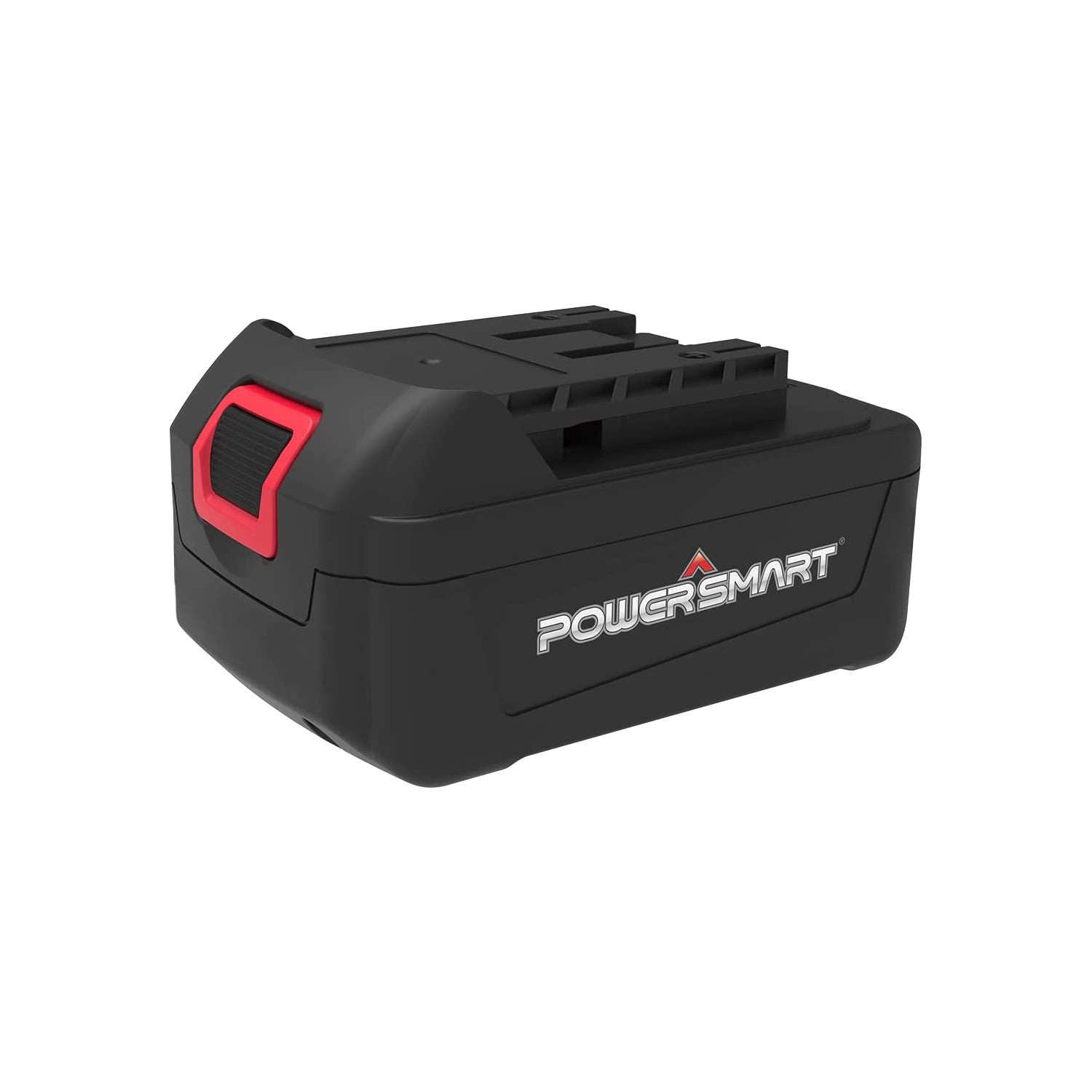
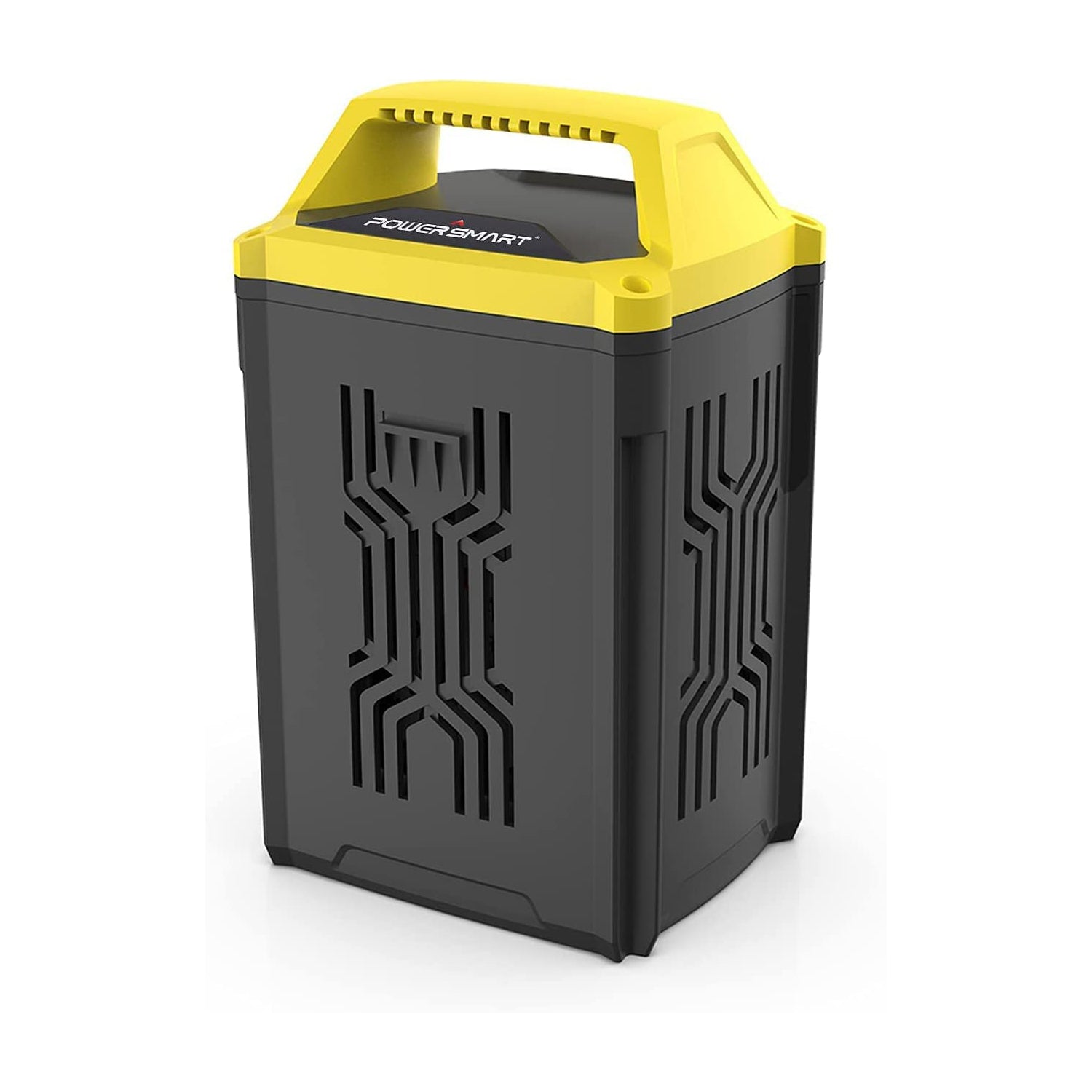

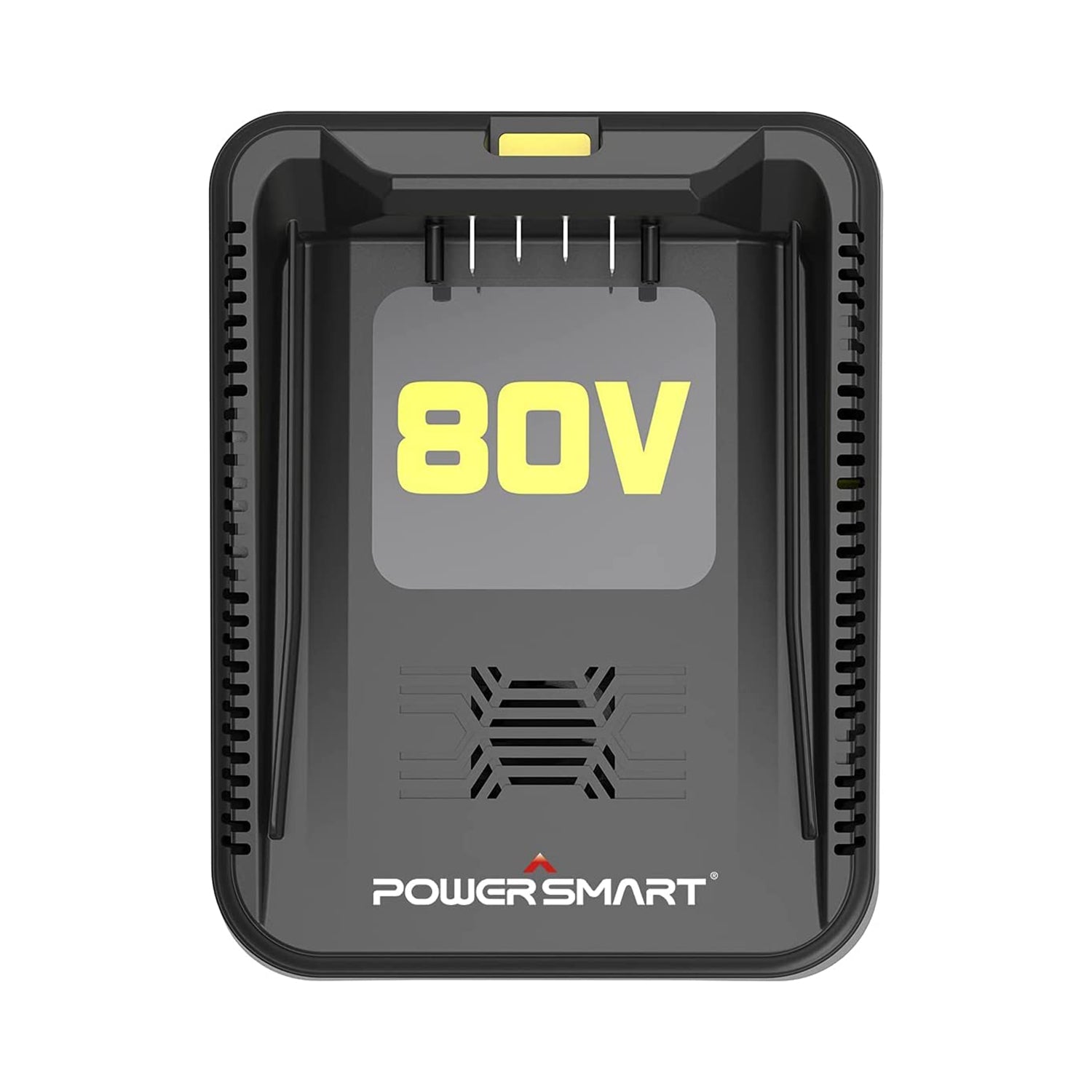
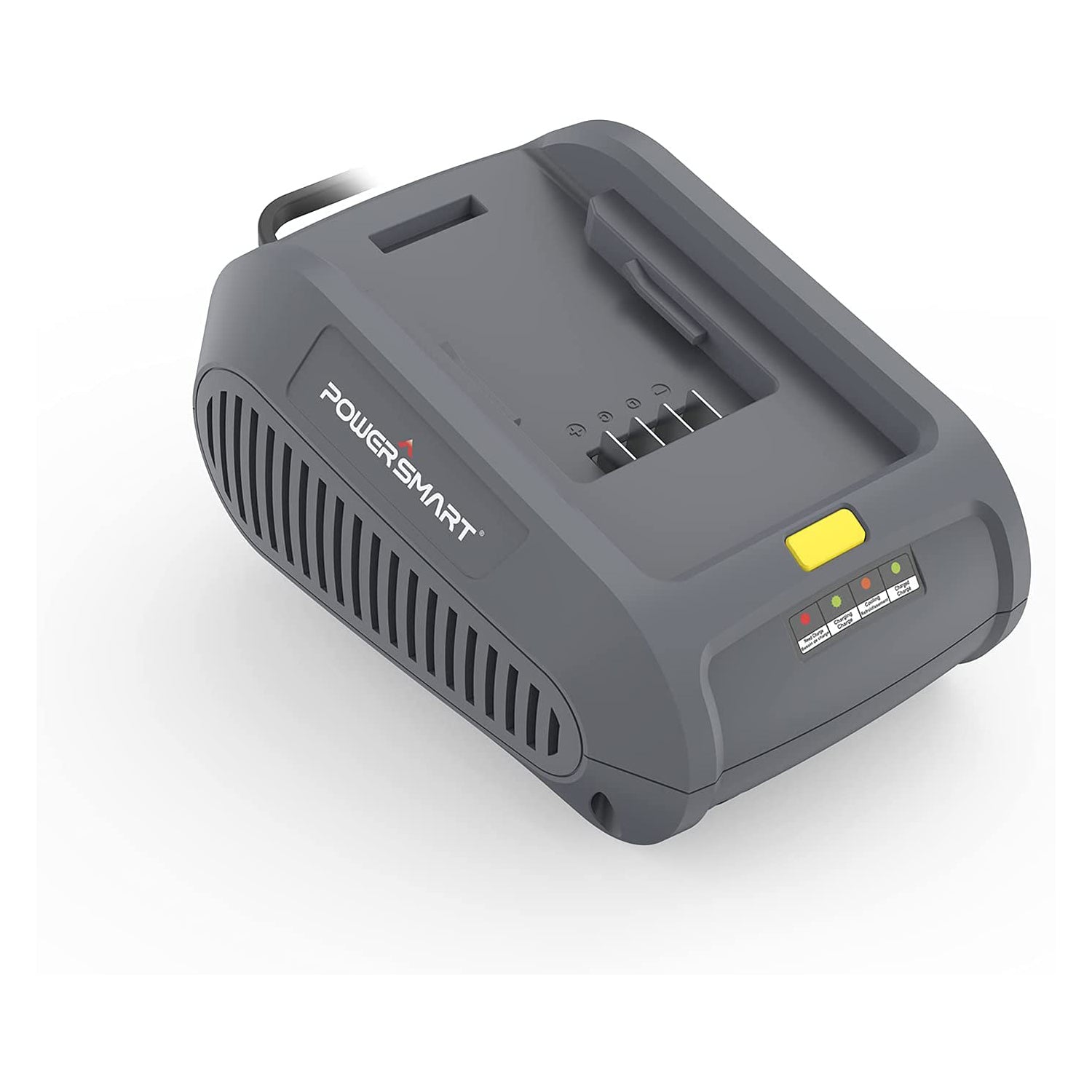


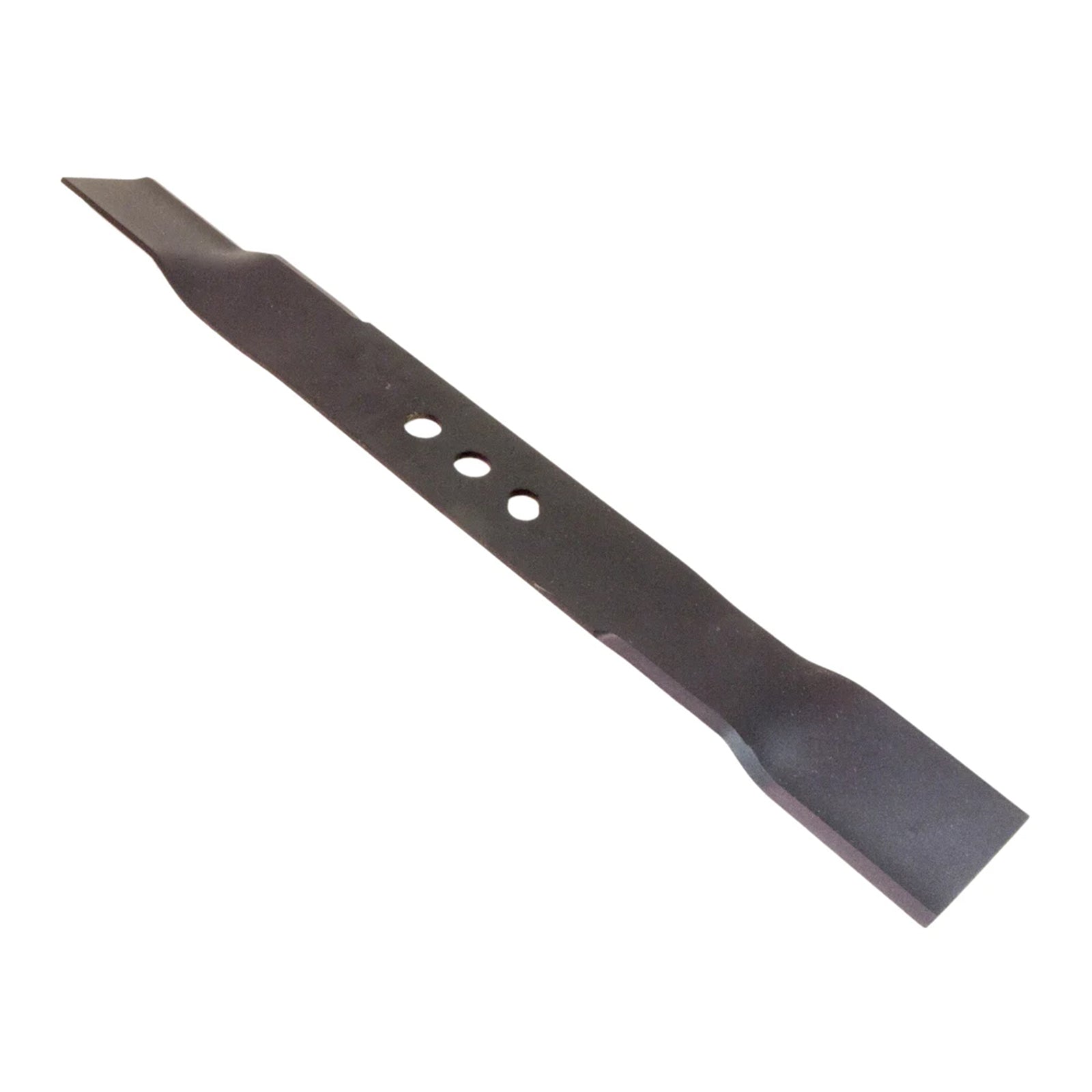

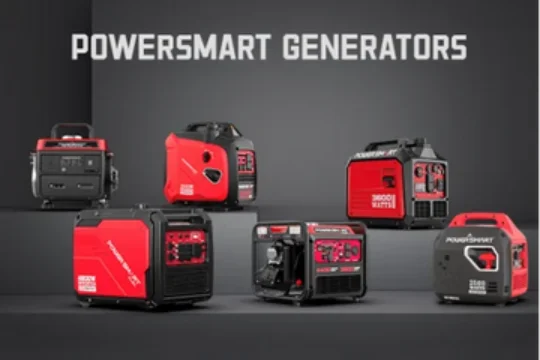
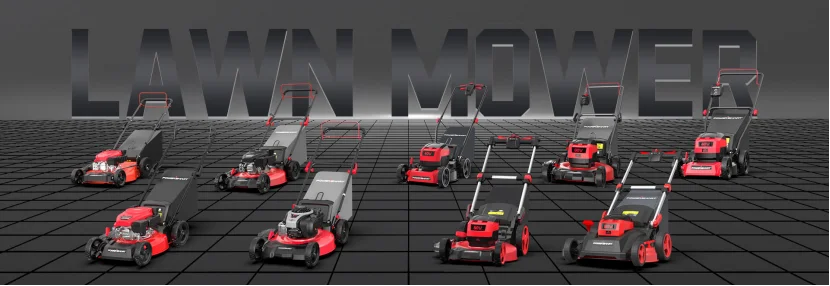
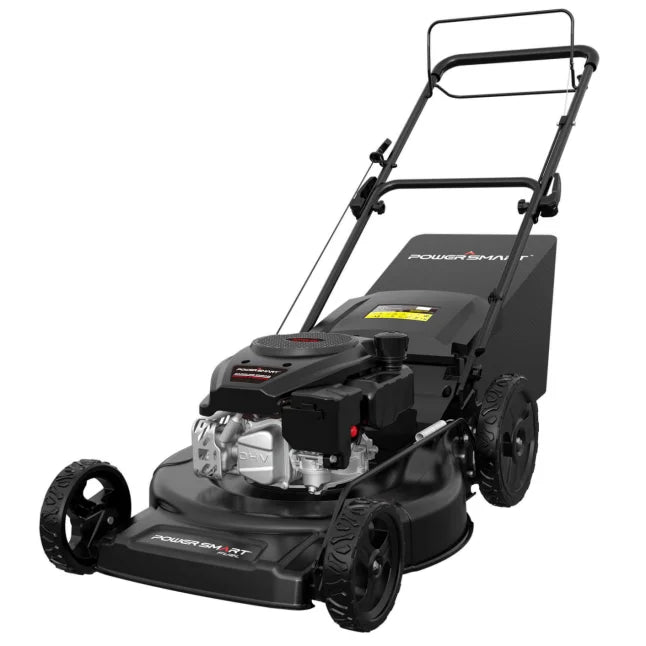
Leave a comment
All comments are moderated before being published.
This site is protected by hCaptcha and the hCaptcha Privacy Policy and Terms of Service apply.